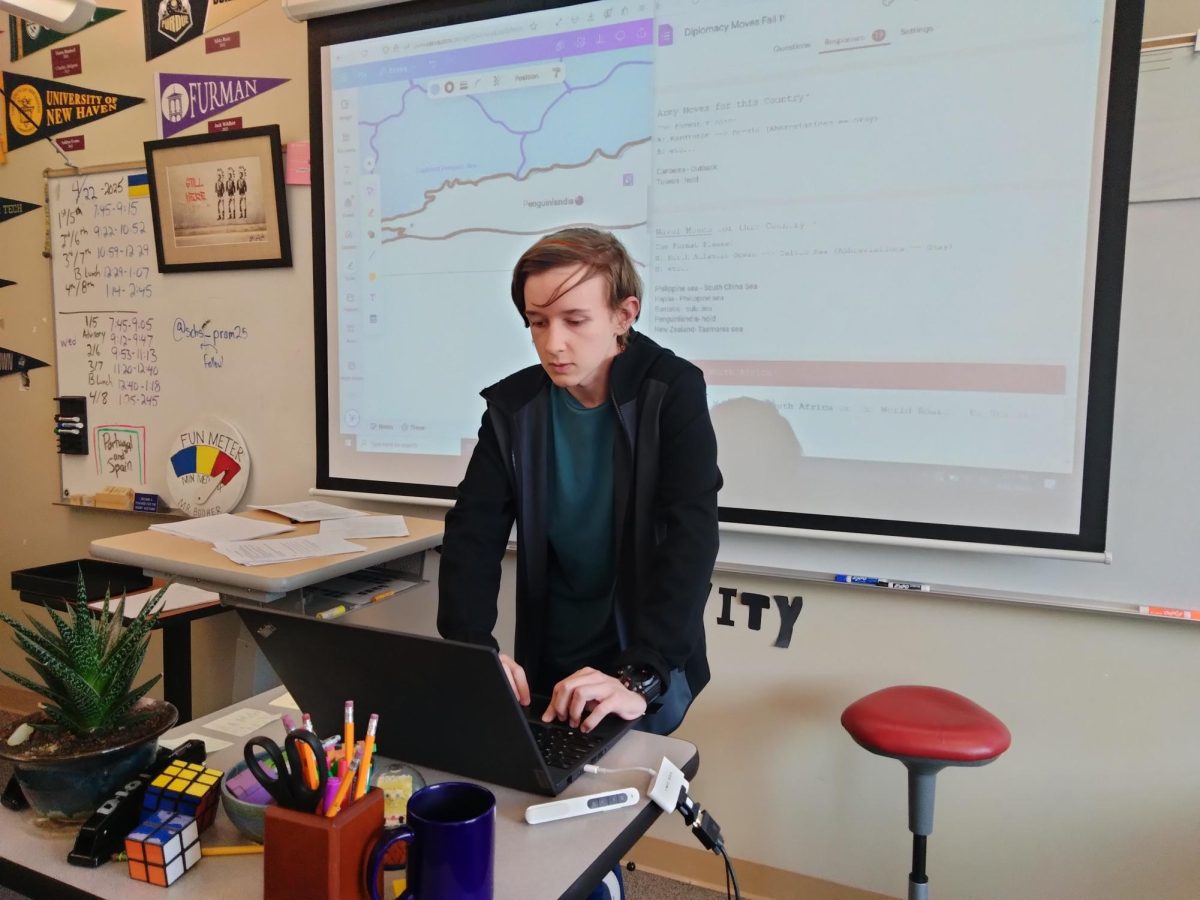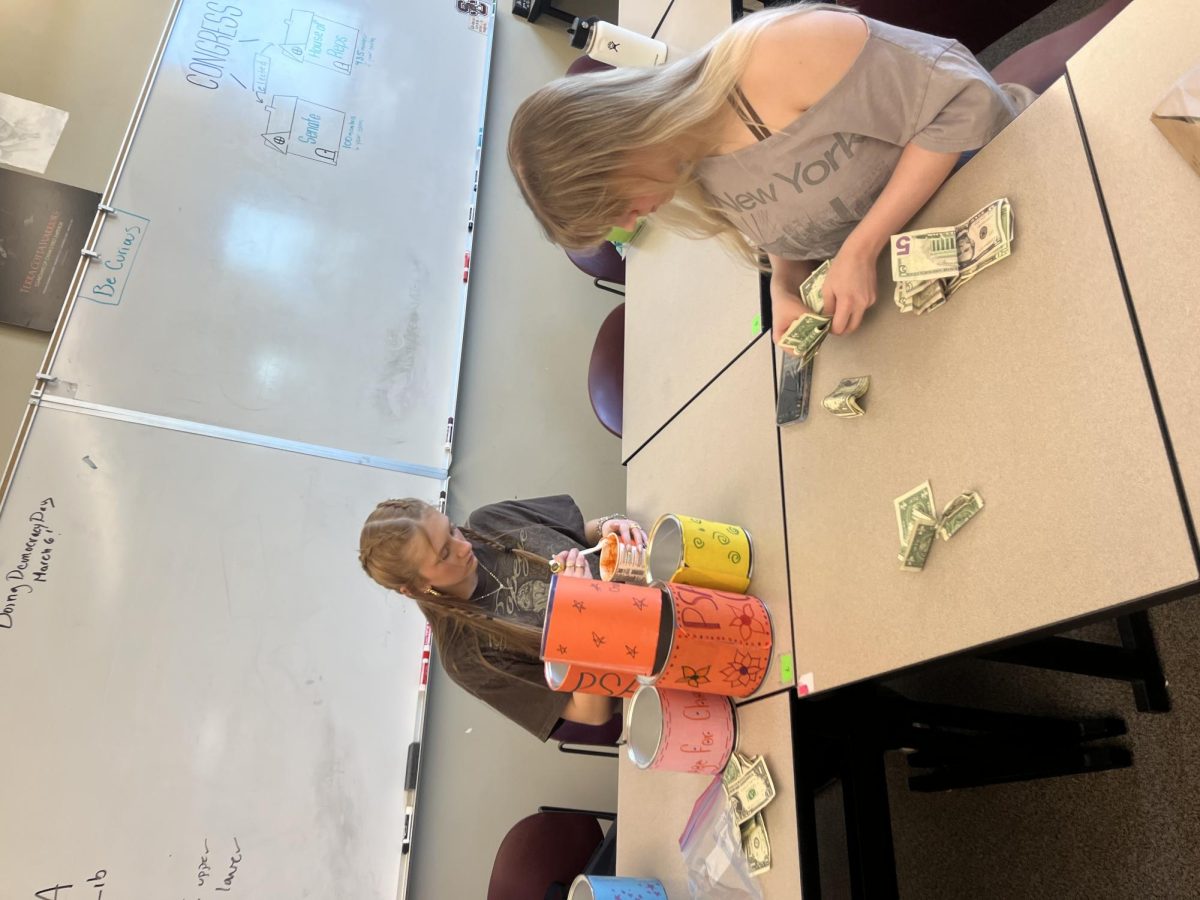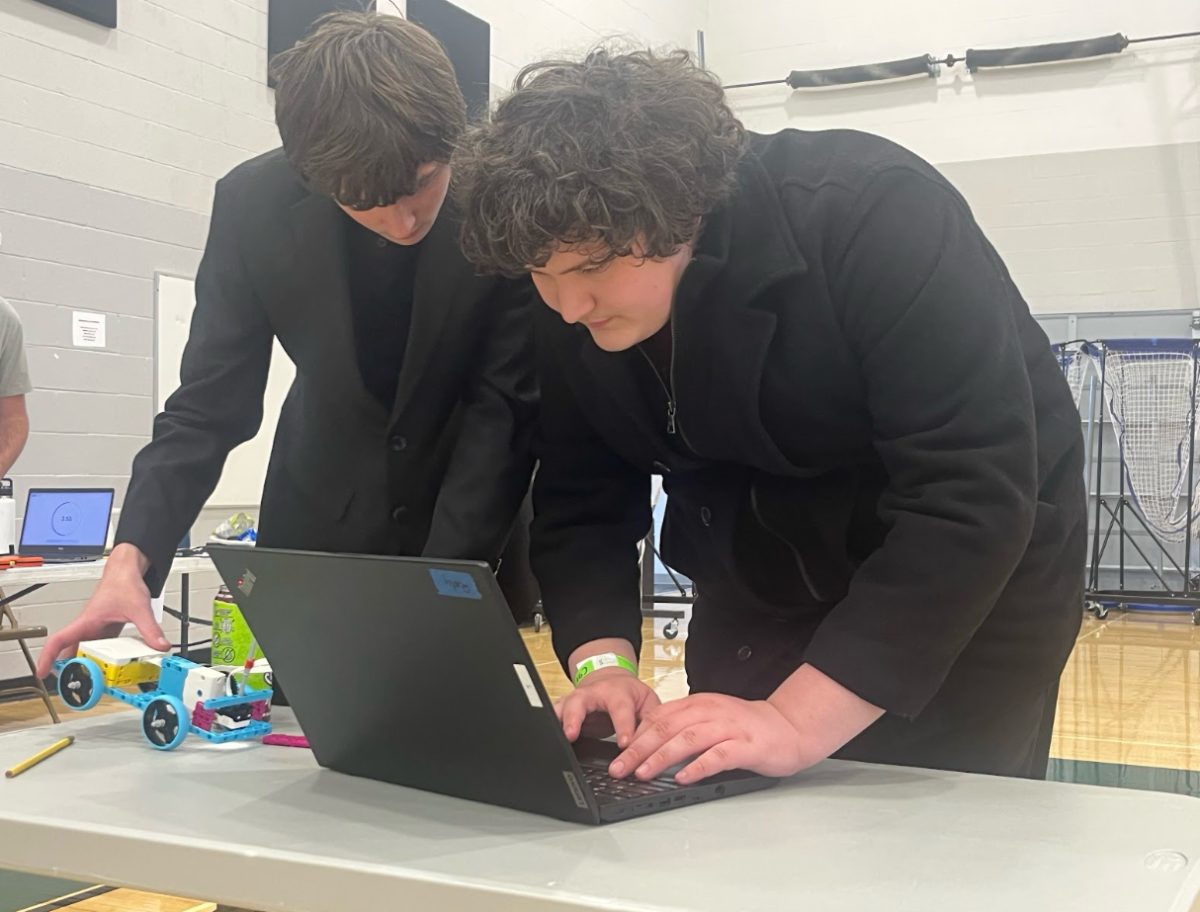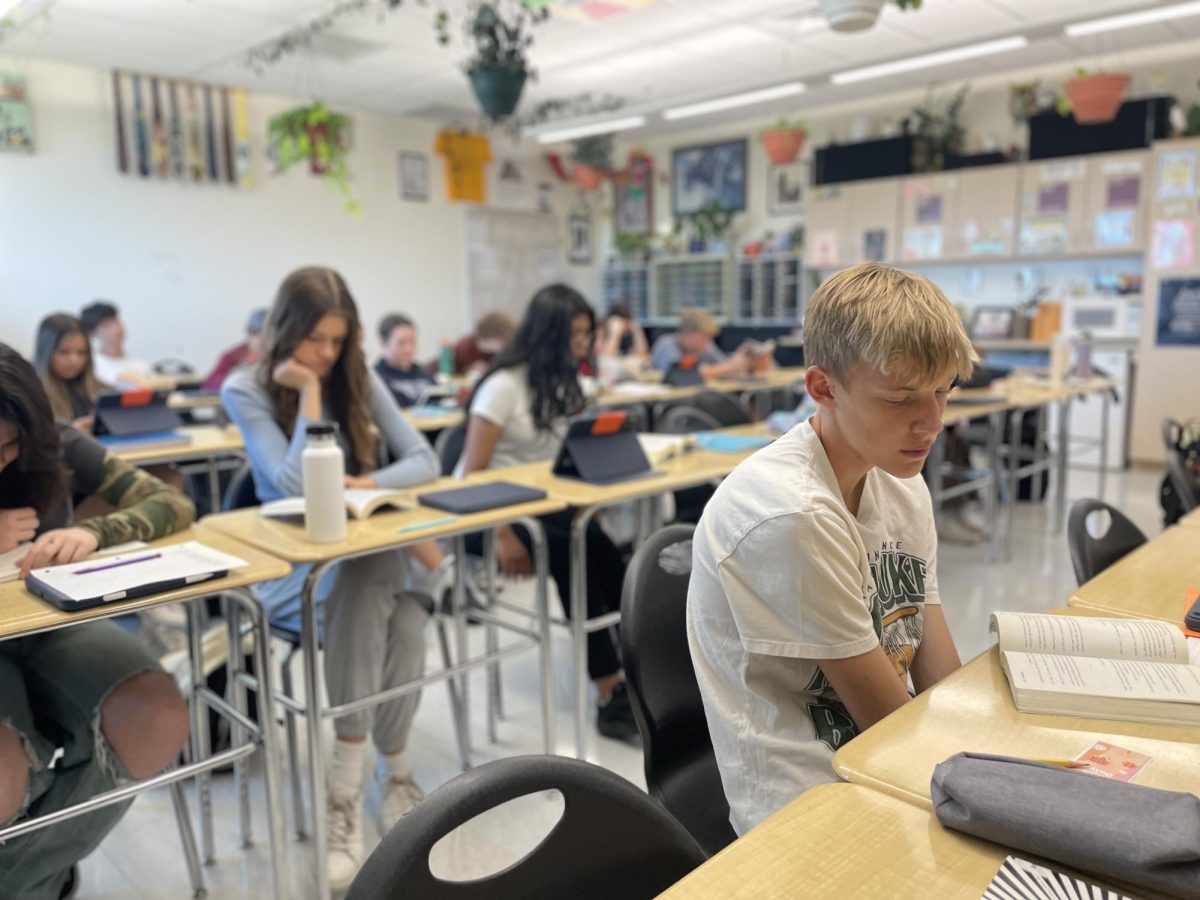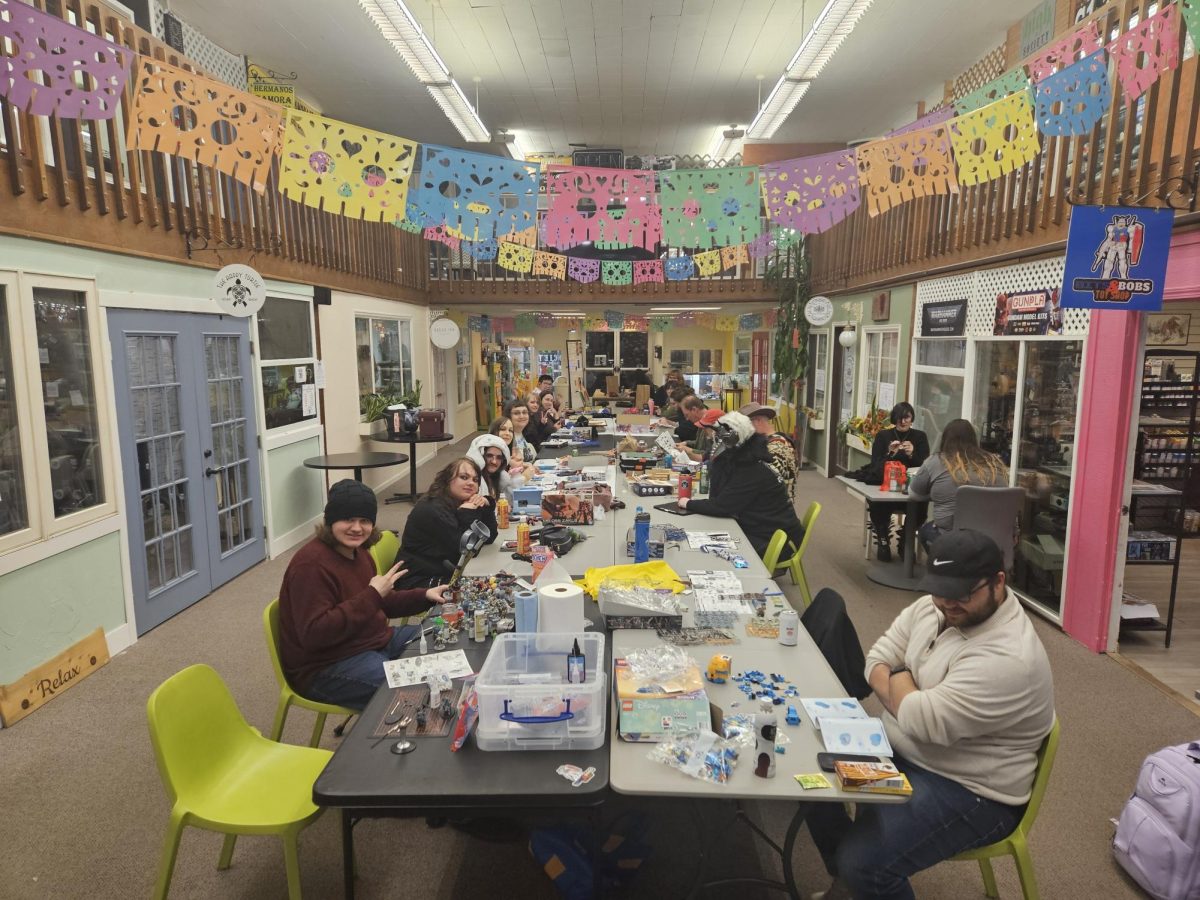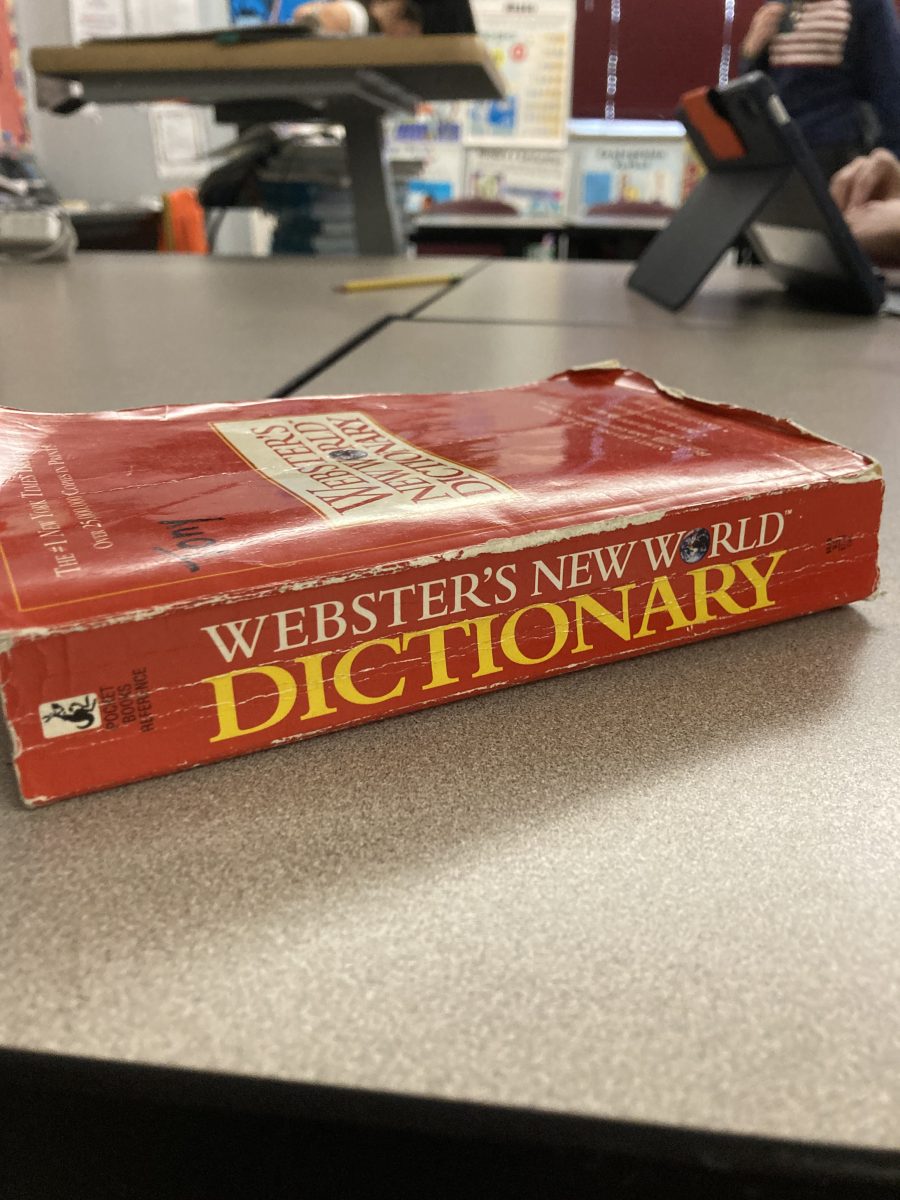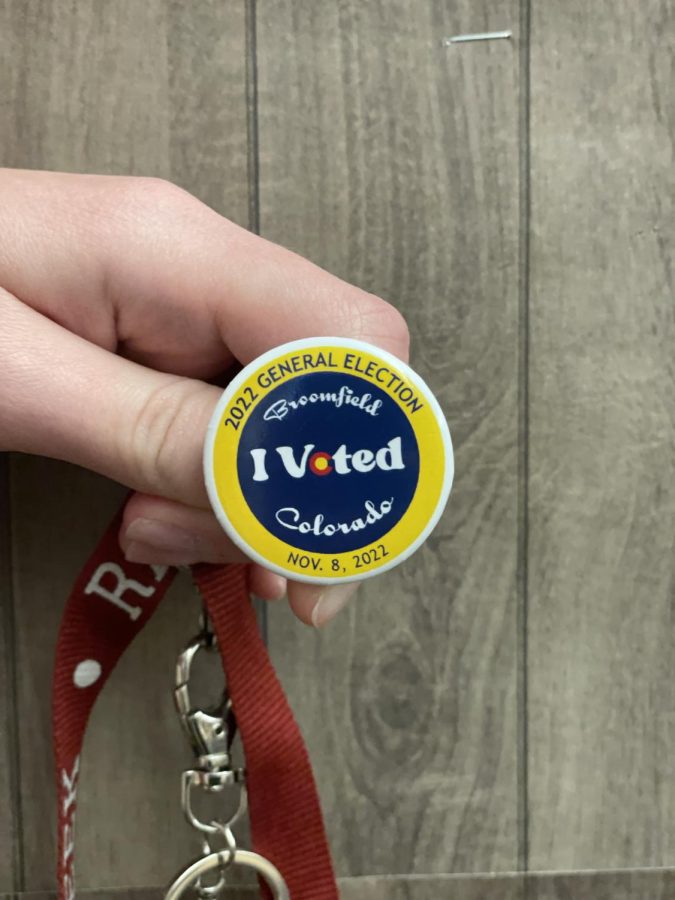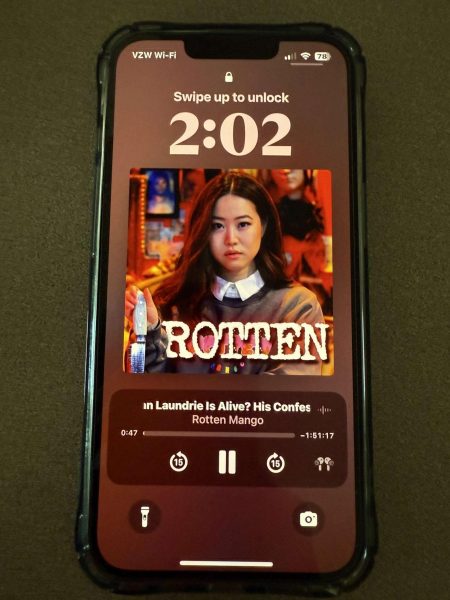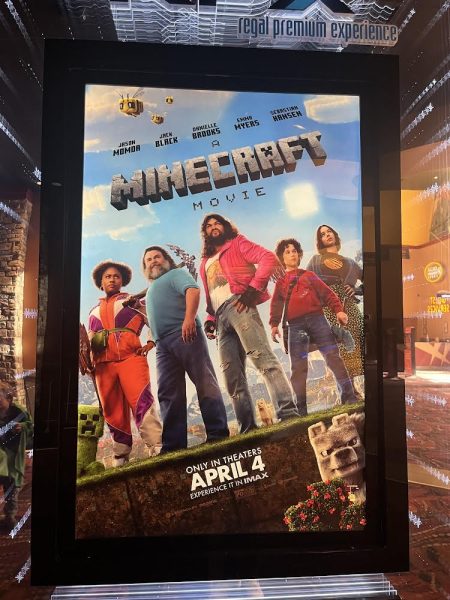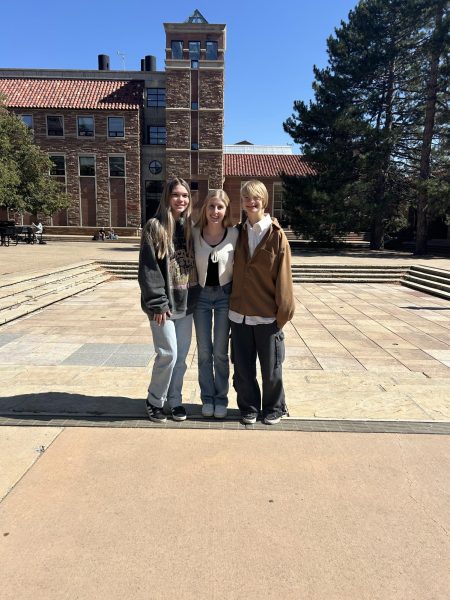OpEd: Students Need More Education On How To Be An Educated Voter
Photo courtesy of Bailey Lambert
Ms. Stephanie Drake’s “I voted” pin is proudly worn on her lanyard at Silver Creek High School.
Imagine this: a high school student has just turned 18, an election is coming up, and now they have the opportunity to use their voice. Voting for the first time is an exciting part of being a responsible citizen.
Although the problem is high school students and young adults lack information on how to be an educated voter. Therefore, many young adults choose to not vote because they don’t know enough about what they’re voting or even because they lack care. High school students and young adults not caring enough to vote conveys they are not getting enough education on the importance of voting.
Generation Z is the generation of people born between the late 90’s and early 2000s. Generation Z is the youngest generation eligible to vote as of right now. Therefore, generation Z is the future generation of our society. Which is why it’s so important for those eligible to use their voice and vote. Unfortunately, many young adults don’t vote, or even seem to care about politics.
Devon Larson, a senior at Silver Creek High School, recently turned 18 and was eligible to vote in the 2023 midterm elections. Although Larson was eligible to vote, he didn’t even bother to register.
“I didn’t register to vote because it was too last minute, and I was too lazy to go,” says Larson.
Many first time voters were similar to Larson and didn’t vote in the midterm elections. According to a pole organized by YouGov in late October, 92 percent of Americans aged 65 or older planned on voting in midterms. But only 50 percent of those aged 18 to 29 said the same.
Young adults not caring about politics, or not voting suggests they aren’t fully educated on the importance of voting. Therefore, high school students need more education on how to be an educated voter, along with finding more ways to care about politics.
Many high school students don’t care about politics because they feel it doesn’t involve them because they are not of age to vote. Although most high school students aren’t eligible to vote, it’s still important to prepare them with the information they need. To do this, there needs to be more engaging lessons and discussions about voting in schools.
Cooper Haas, a junior at Silver Creek High School is not eligible to vote as of right now. But he will be eligible to vote in the next presidential election in 2024. Haas isn’t interested in politics.
“I’ve never been interested in politics because it hasn’t concerned me,” Haas states.
Many high school students have the similar mindset as Haas. They believe since they can’t vote yet that it doesn’t matter.
The majority of younger individuals have beliefs, and opinions on certain political topics stem from the internet and social media. Social media platforms such as TikTok, Instagram, Twitter, and Snapchat have the ability to spread information fast. High school students, and young adults retain information from these platforms. However the information isn’t always true, and accurate which can be harmful to a first time voter. School is a reliable source of information for students. More information of being an educated voter would be reliable coming from schools.
Bryon Booher, a history teacher at Silver Creek High School has been teaching for 20 years. Through his 20 years of teaching, Booher has noticed a change in the way students get information.
“I think there is less discussion, and debate between students in high school classrooms, and students learn, and discuss politics more on social media,” says Booher in response to how he believes high school students are influenced on politics.
Although social media is a useful tool for discussion, due to the fact there is false information on social media platforms, school should be a trustful resource for students. To do this, more engaging lessons on politics should be provided to students who are eligible to vote, as well as those who aren’t. With more engaging lessons on politics, students will feel more involved, and realize the importance of voting. 11th graders are required to take a government class. 11th graders could have lessons that look something like debates, and discussion about current events in politics.
In hope to get more of generation Z to the poles, schools should provide more education on the importance of voting. Gen Z is the future of our society and they need to speak up for what they believe in. High school students need to know that their voice matters. To be a responsible citizen, voting is crucial. In order to be an educated voter, citizens need to educate themselves on politics from accurate sources which is why schools are the perfect place.

Bailey Lambert is a junior at Silver Creek, and is taking journalism for the first time this semester. Bailey signed up to take this course because she...
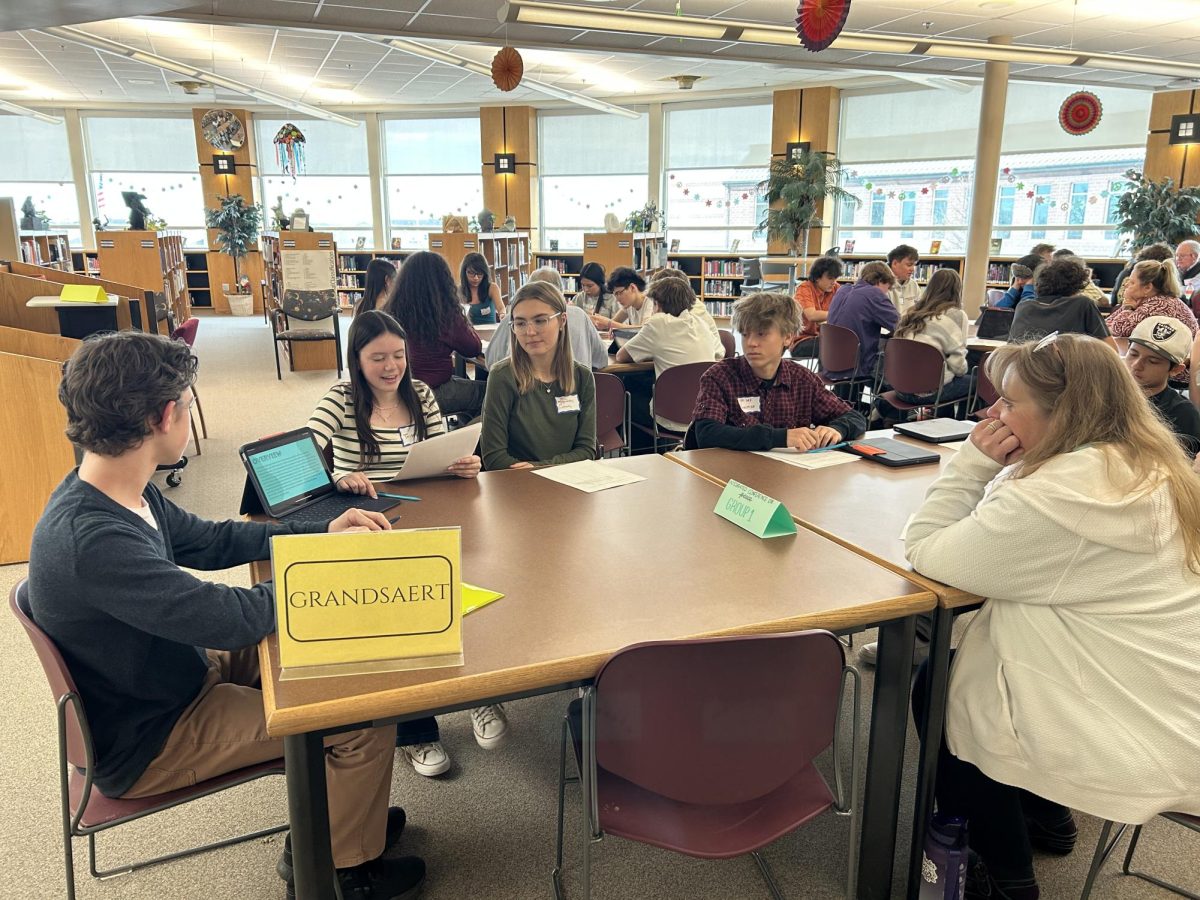
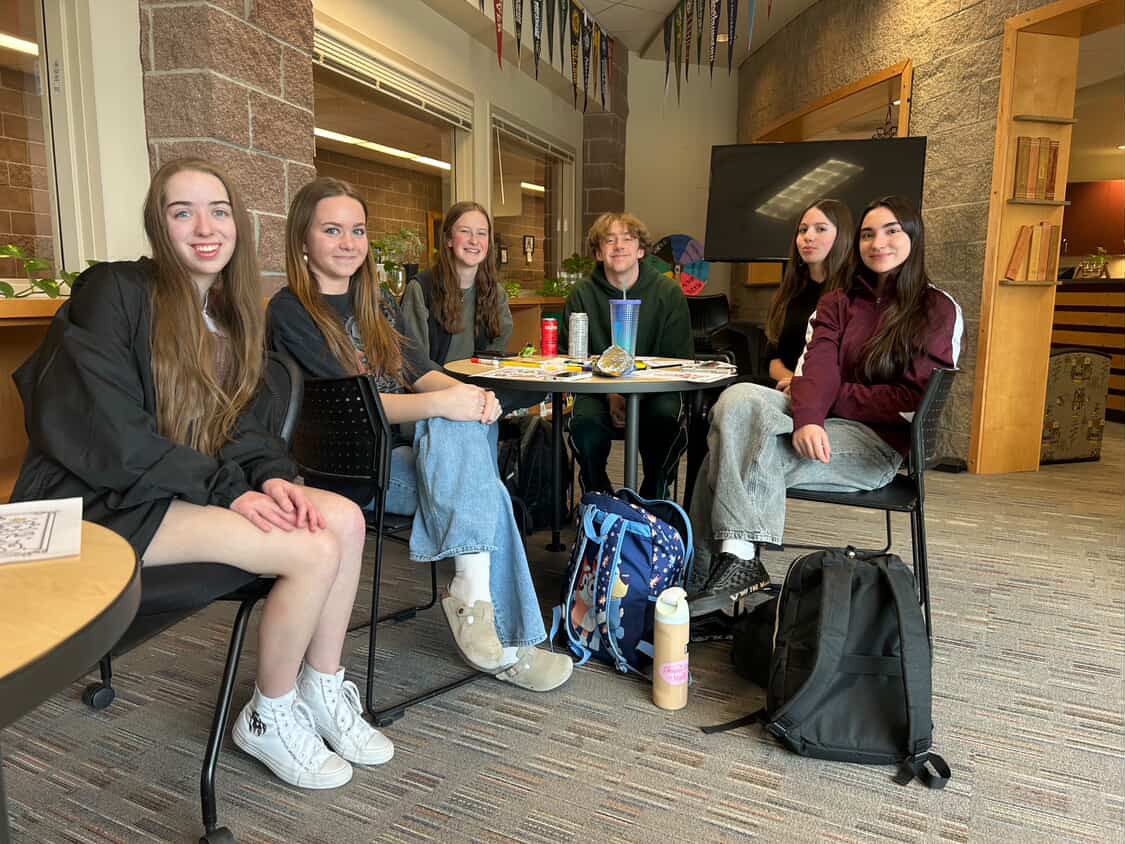
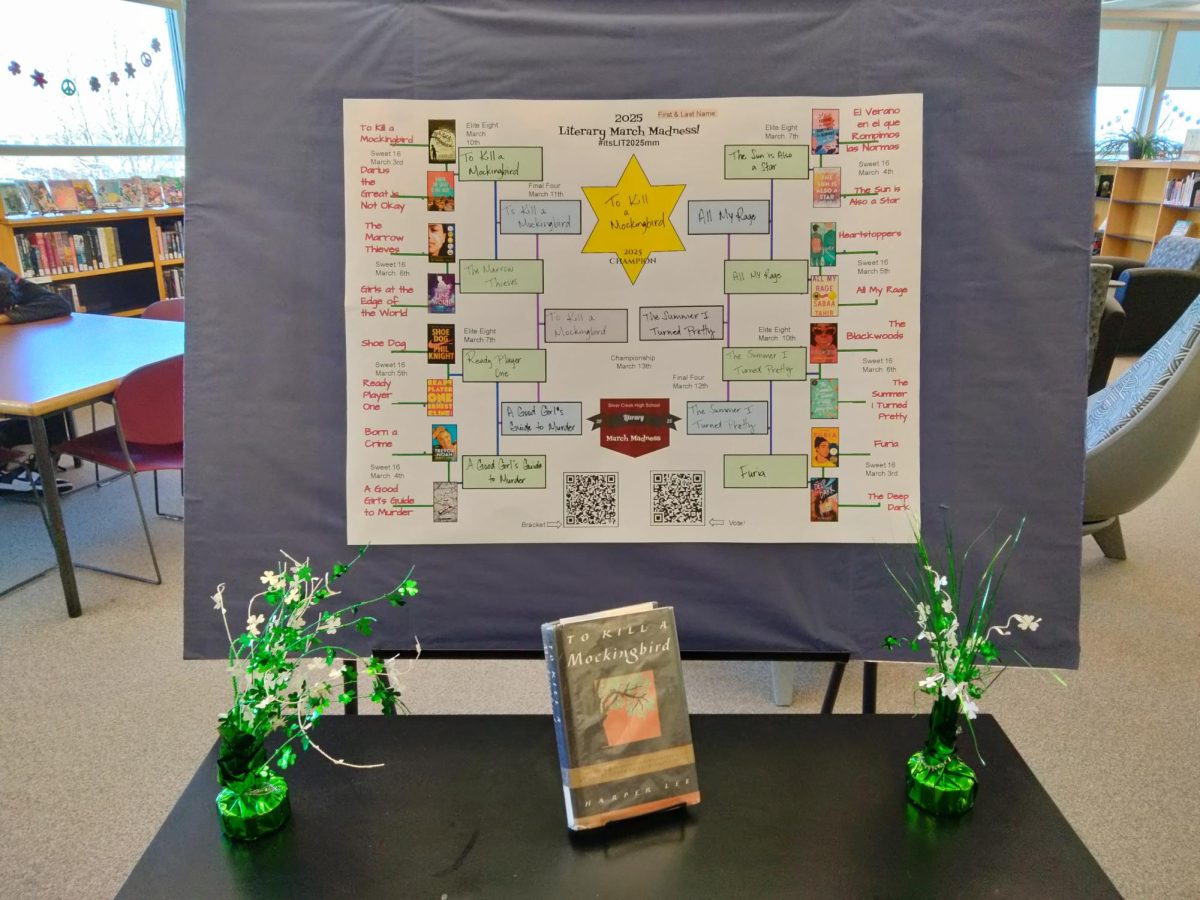
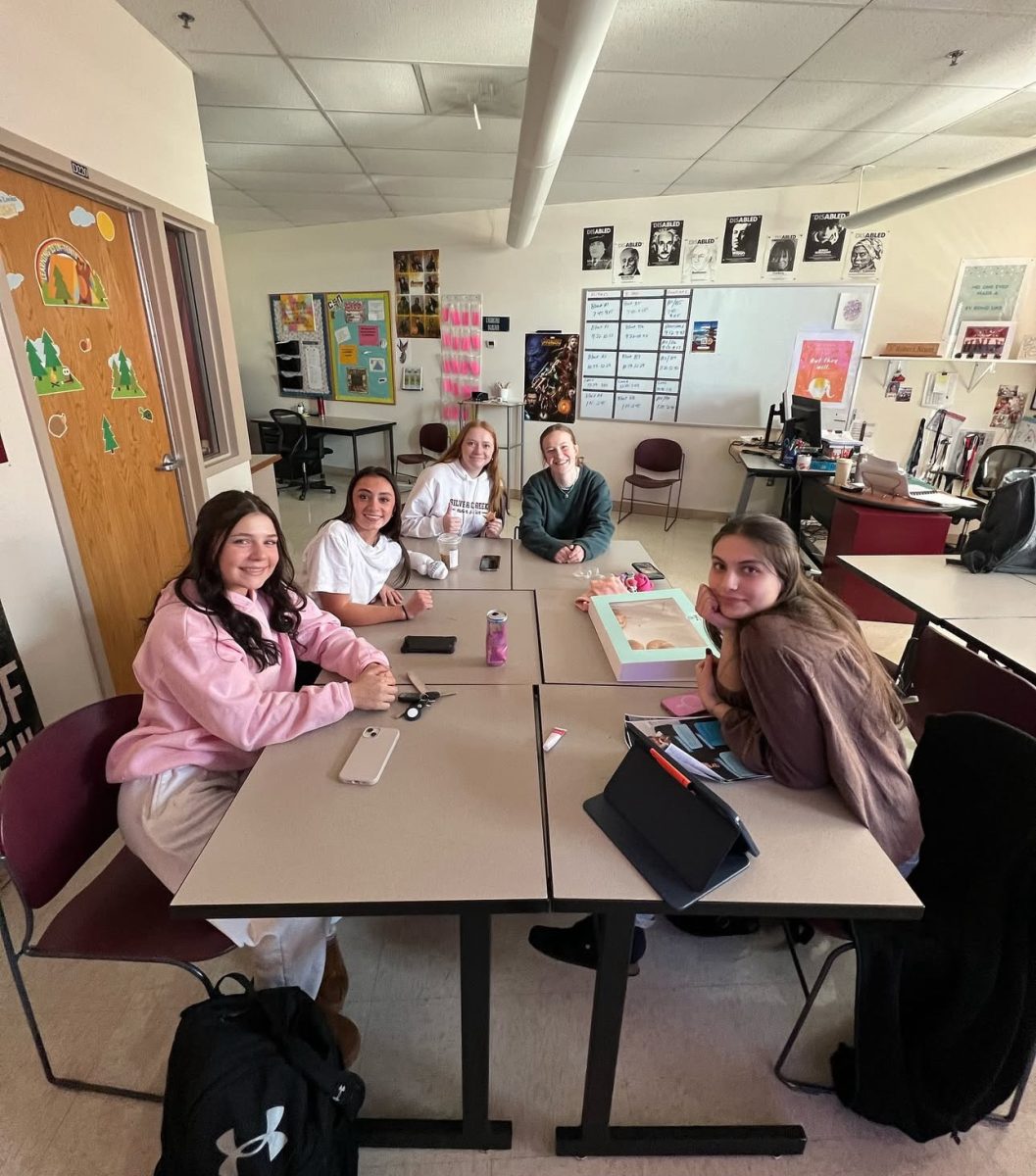
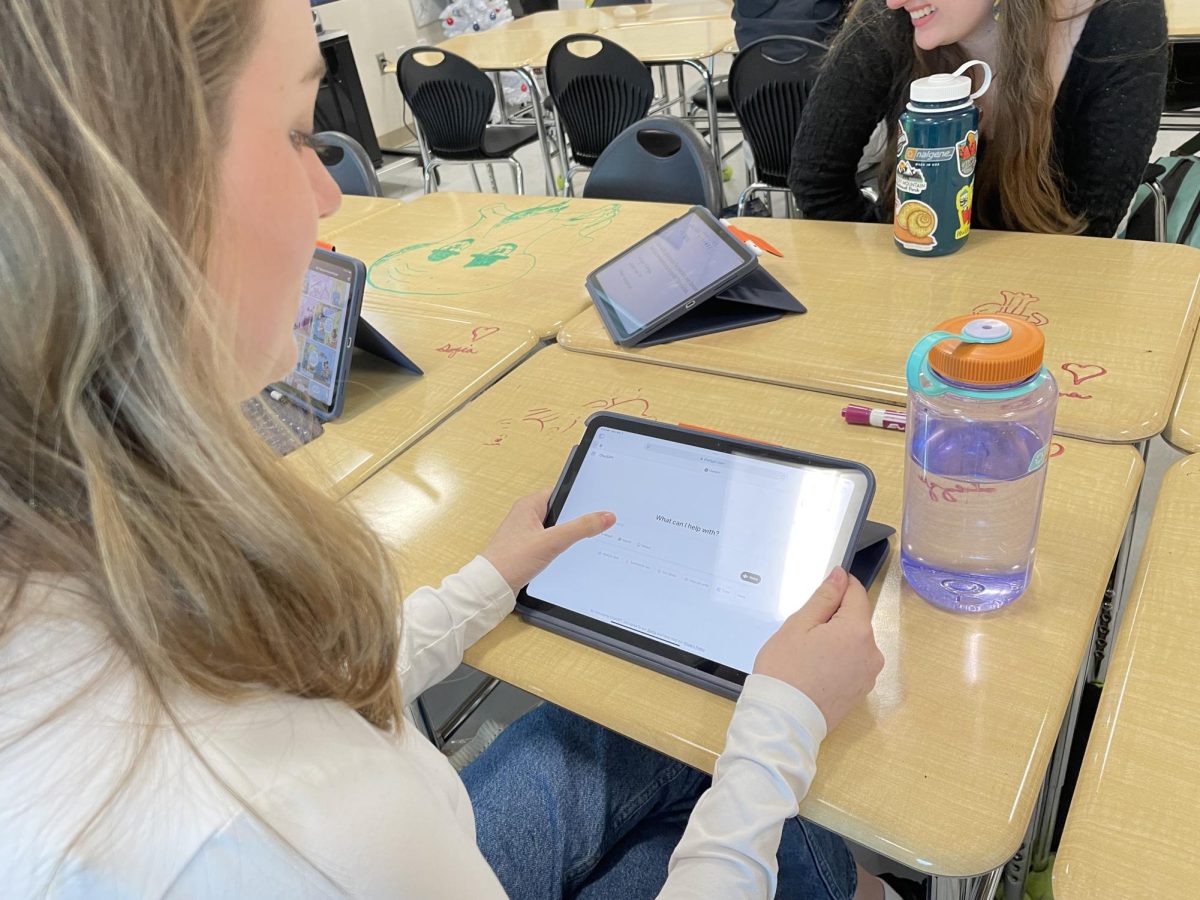
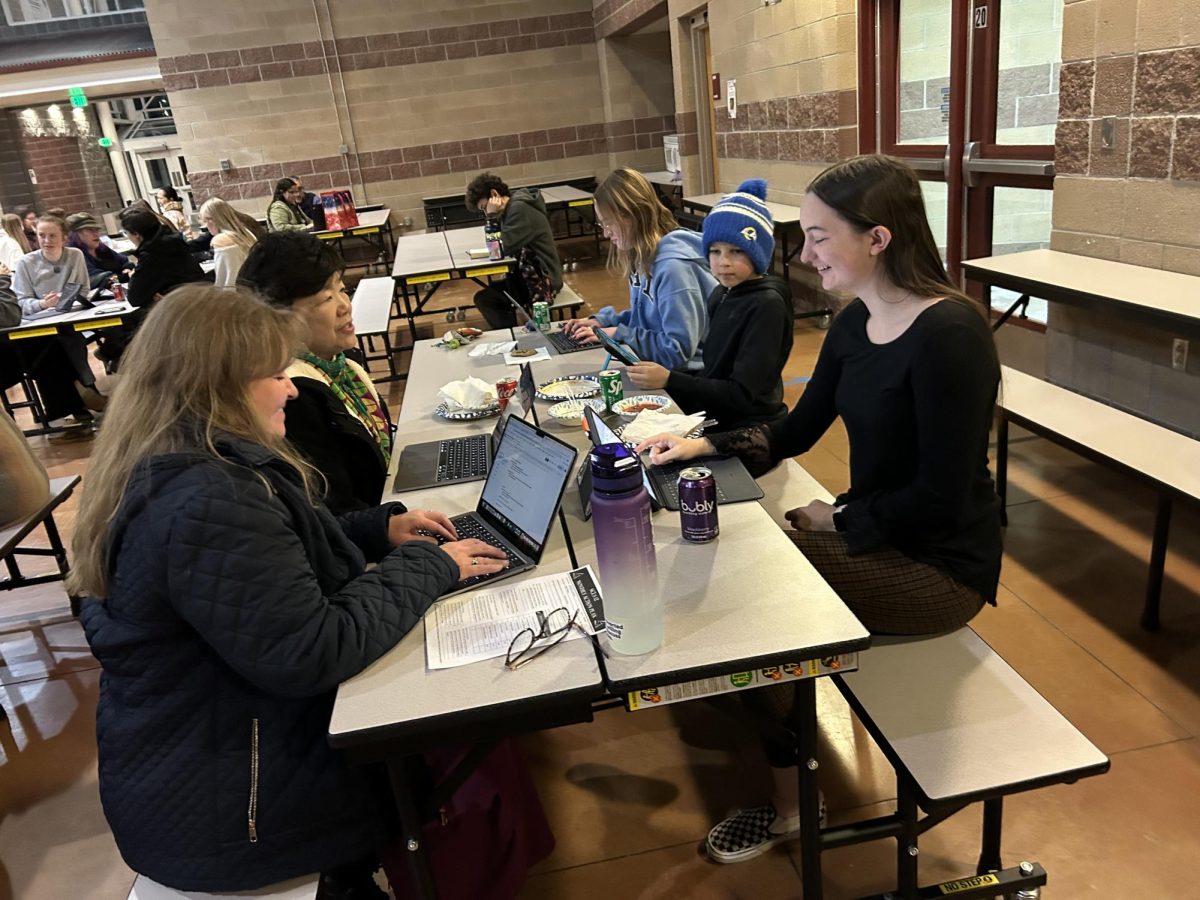
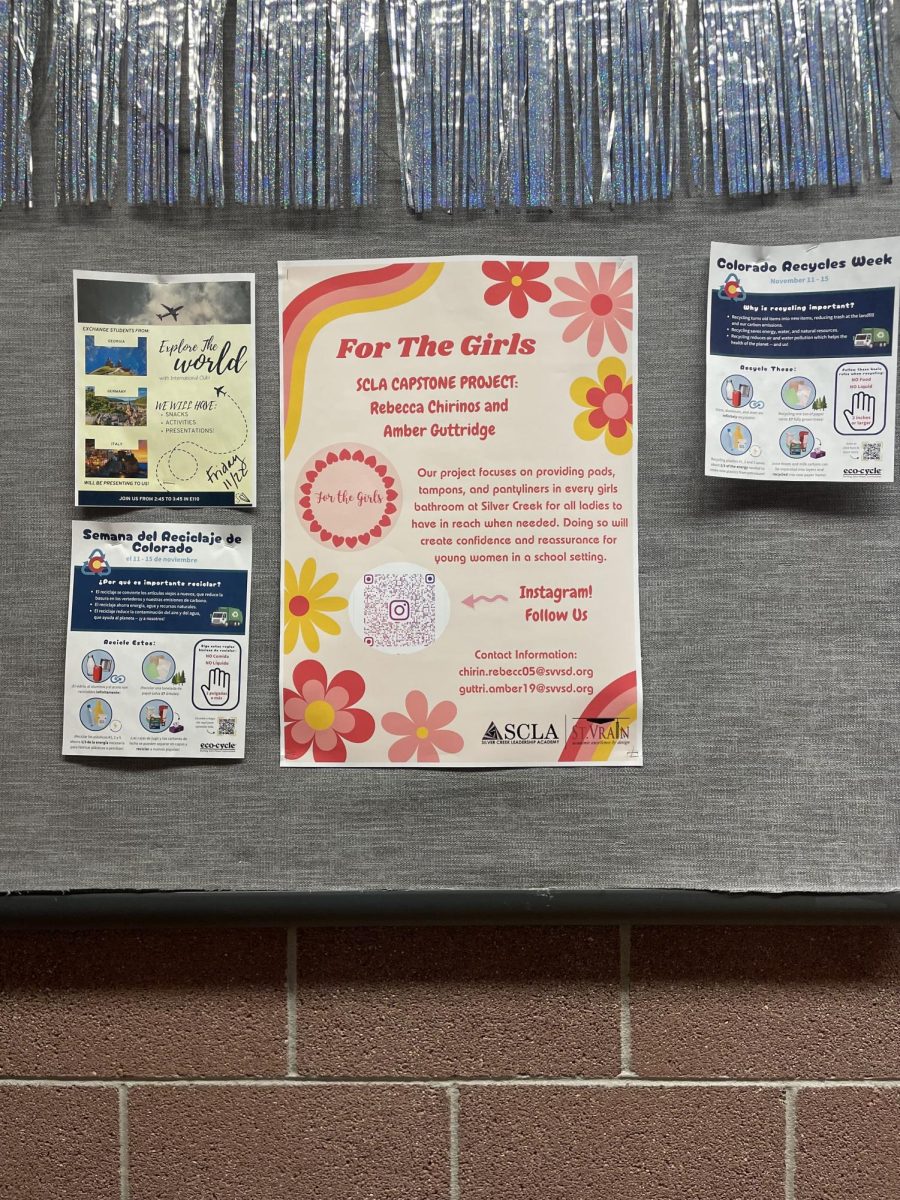
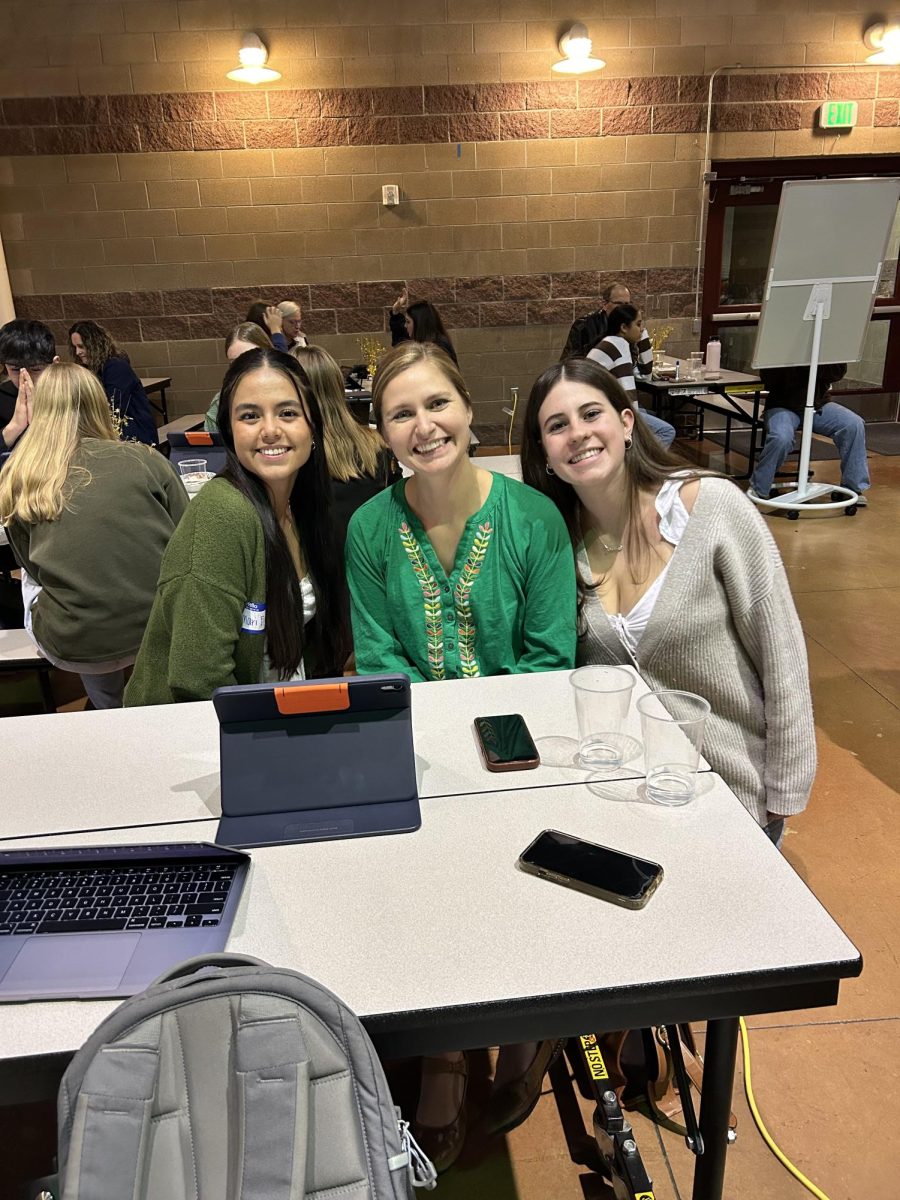
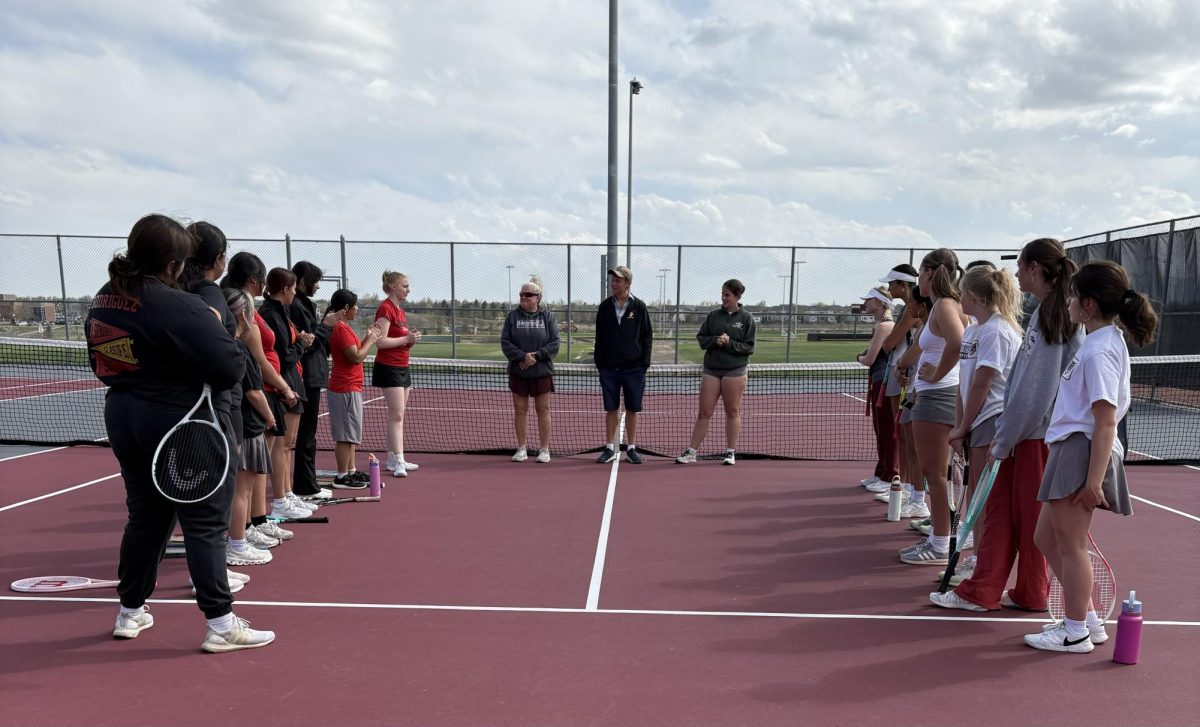
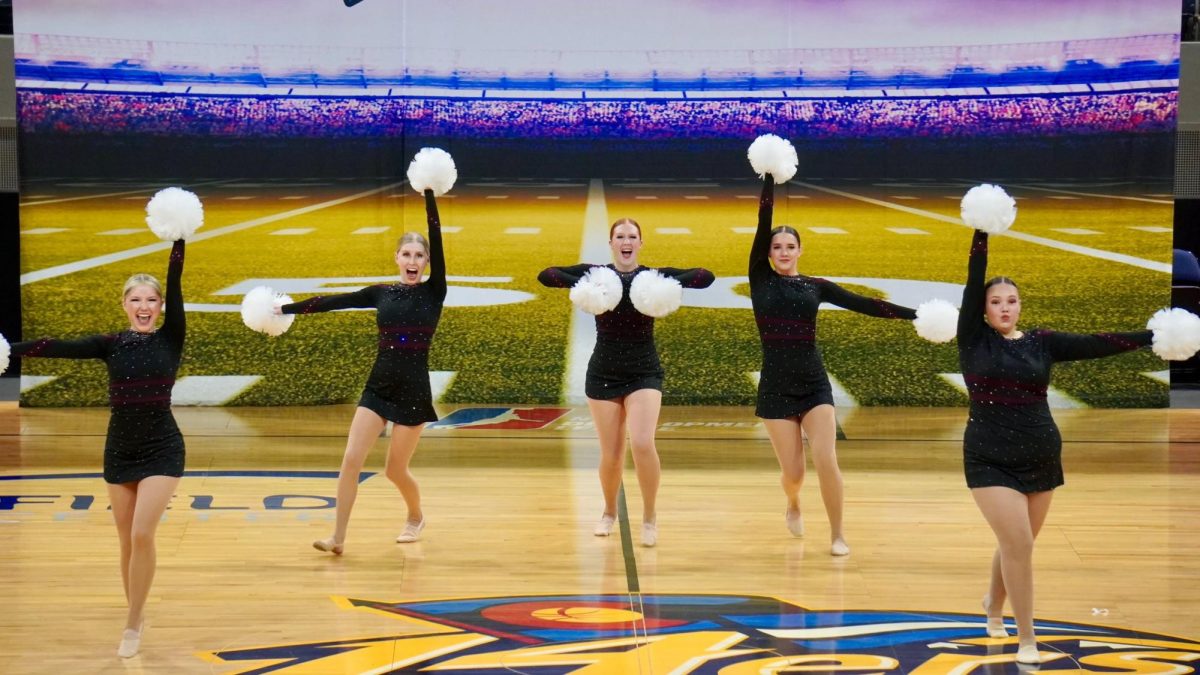
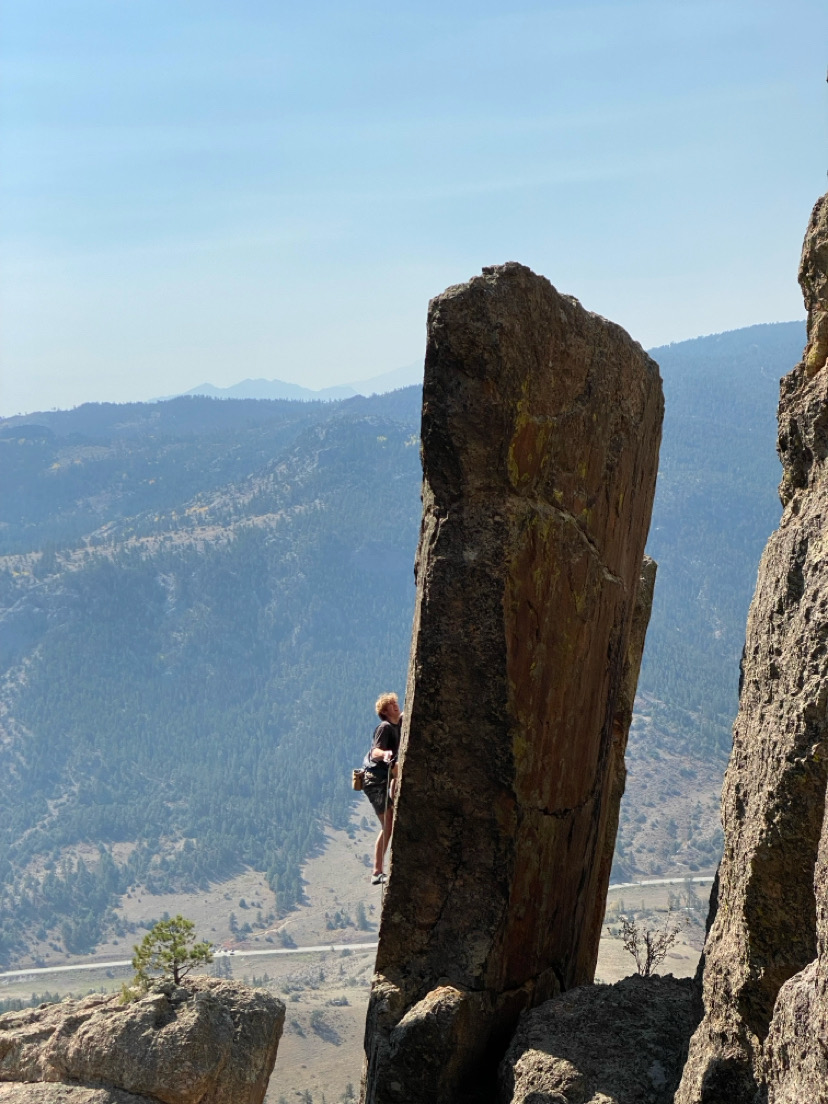
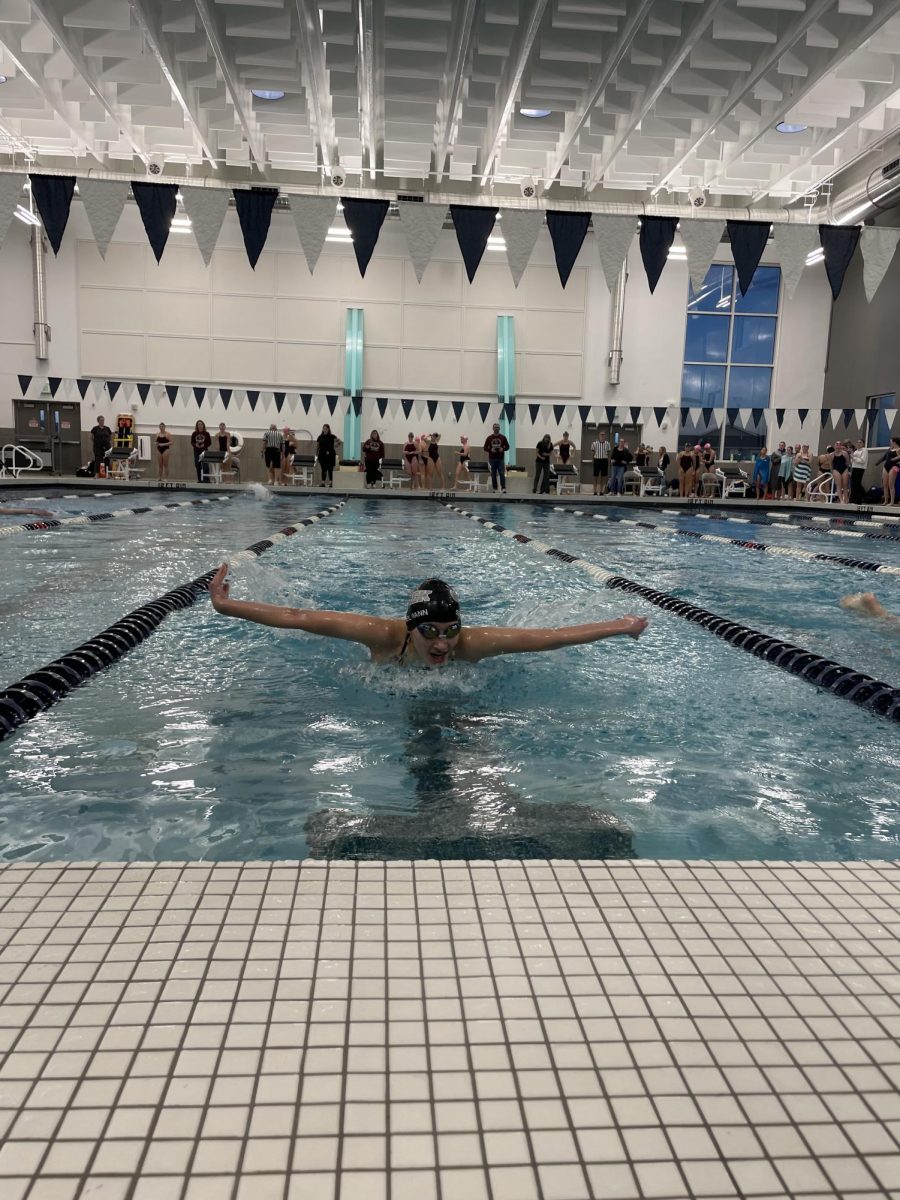
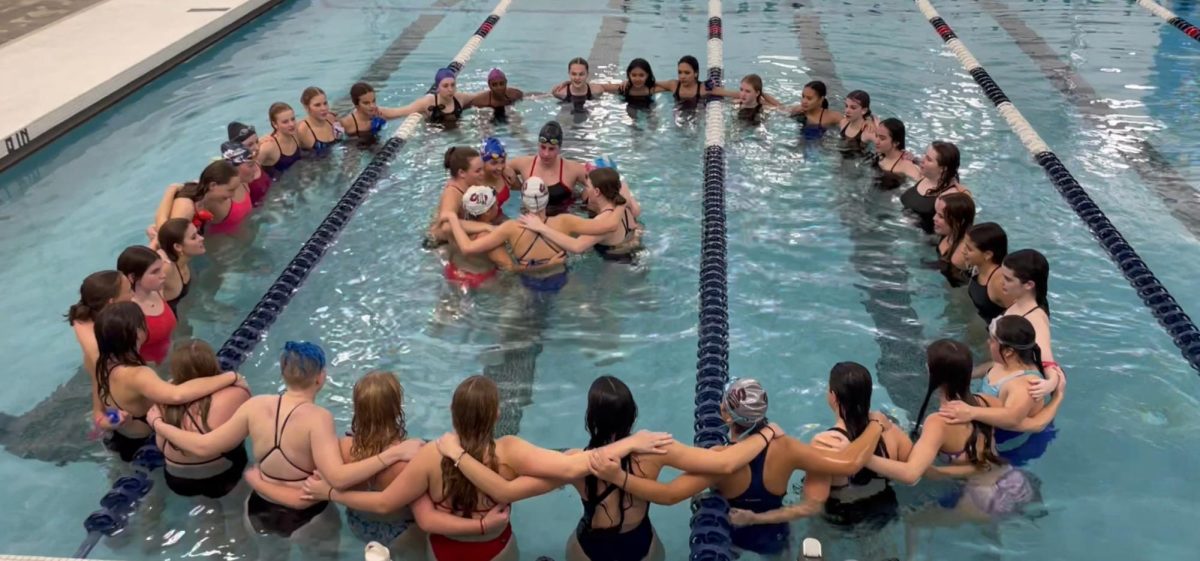
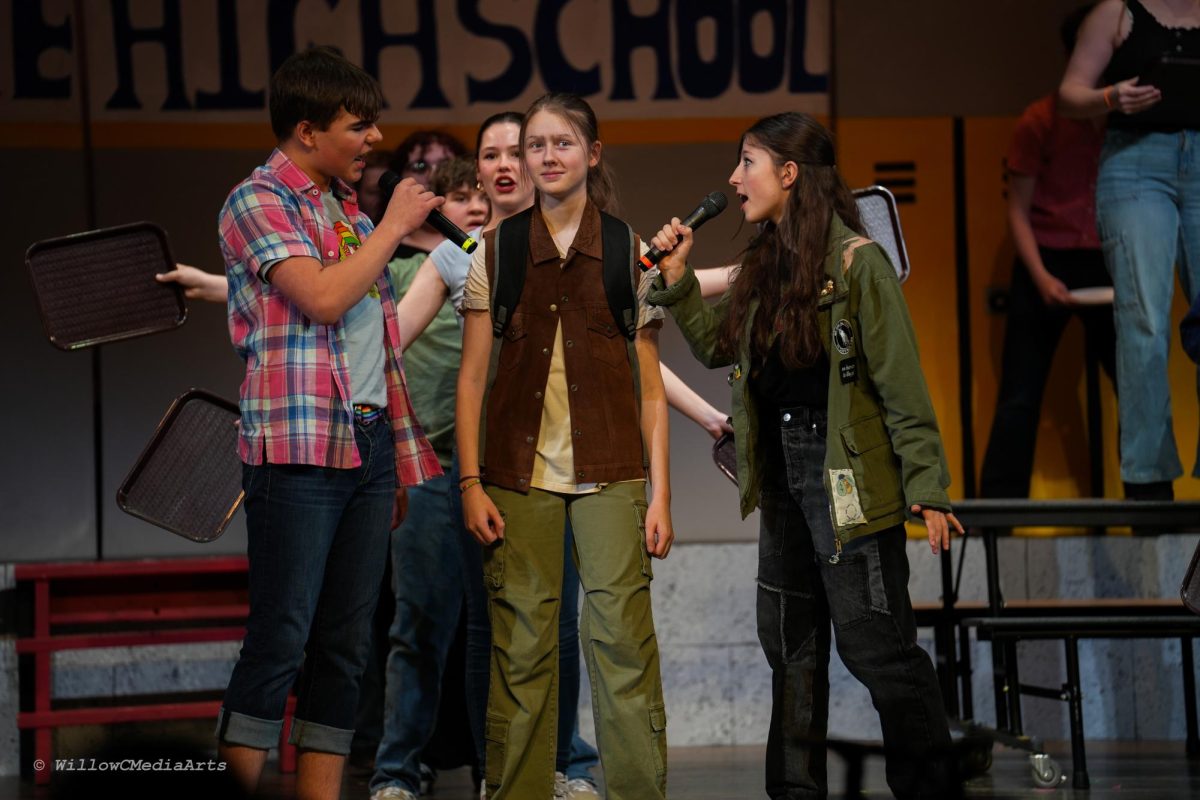
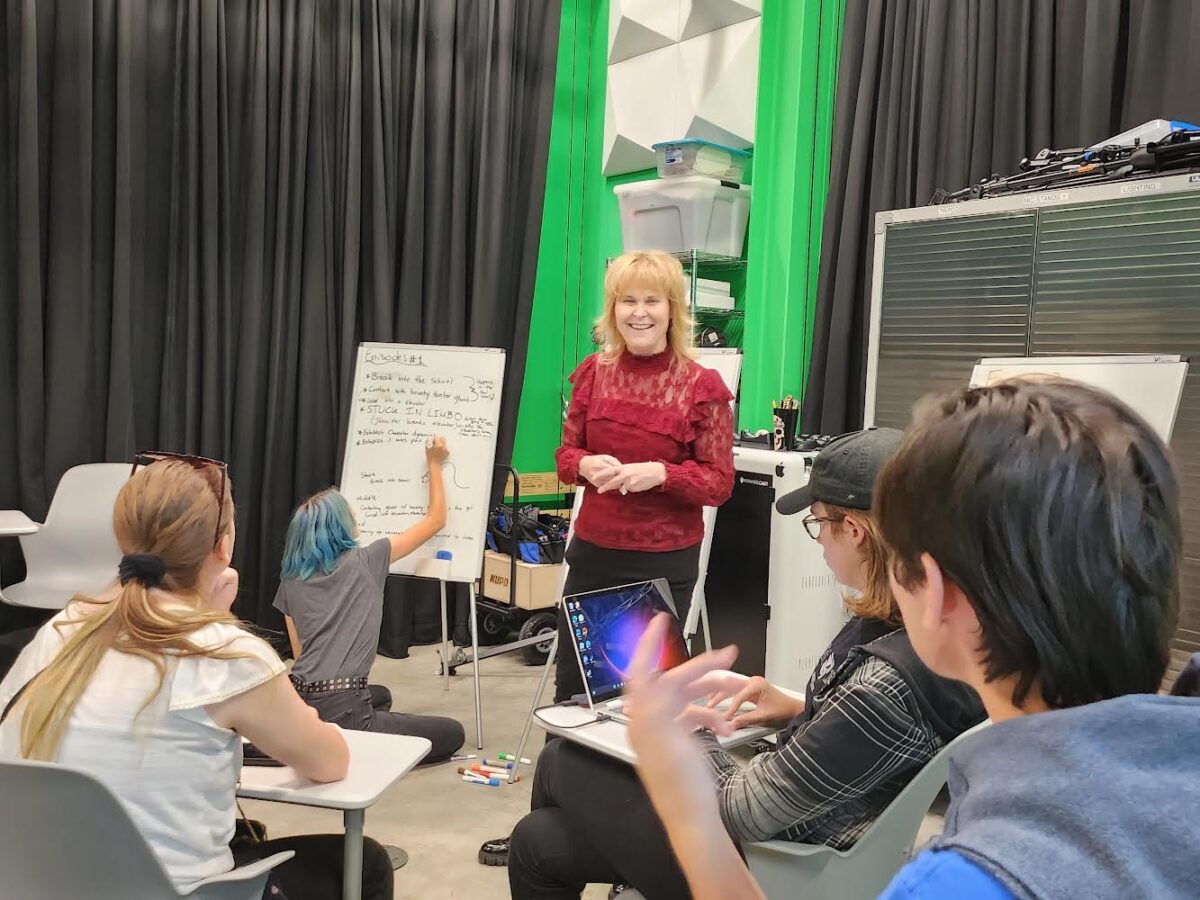

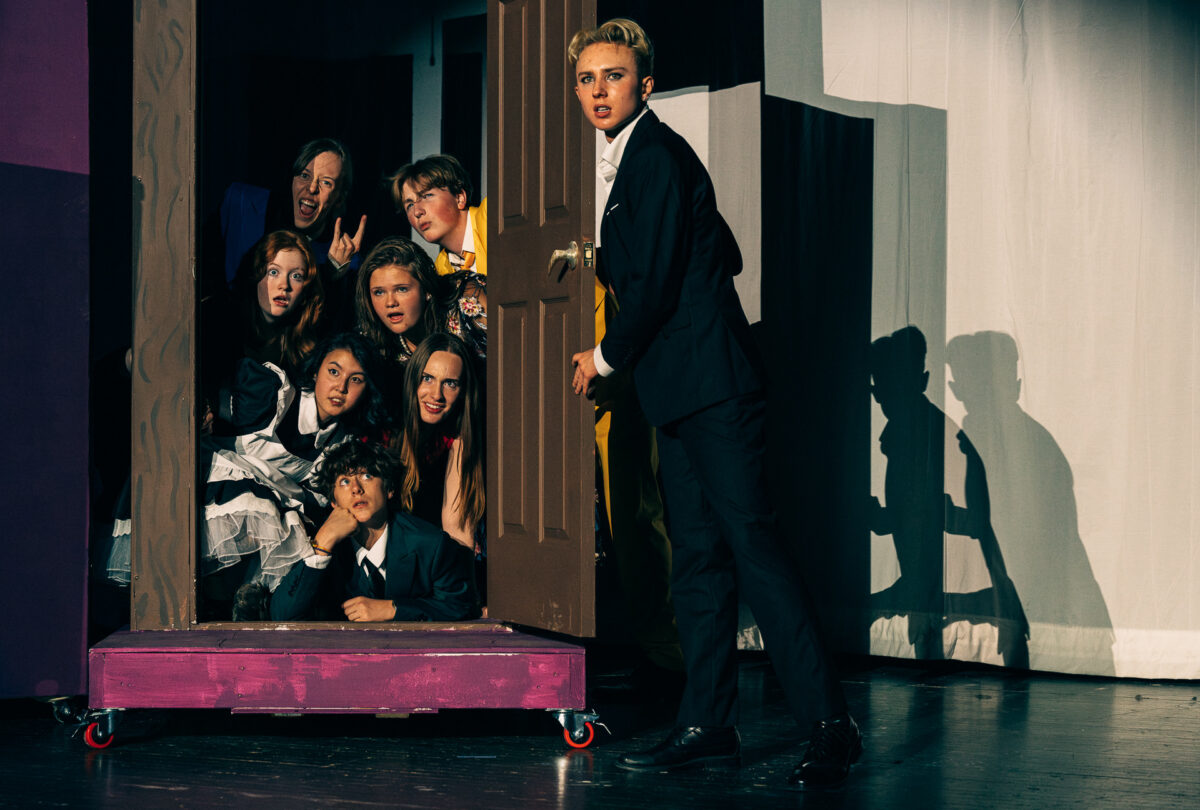
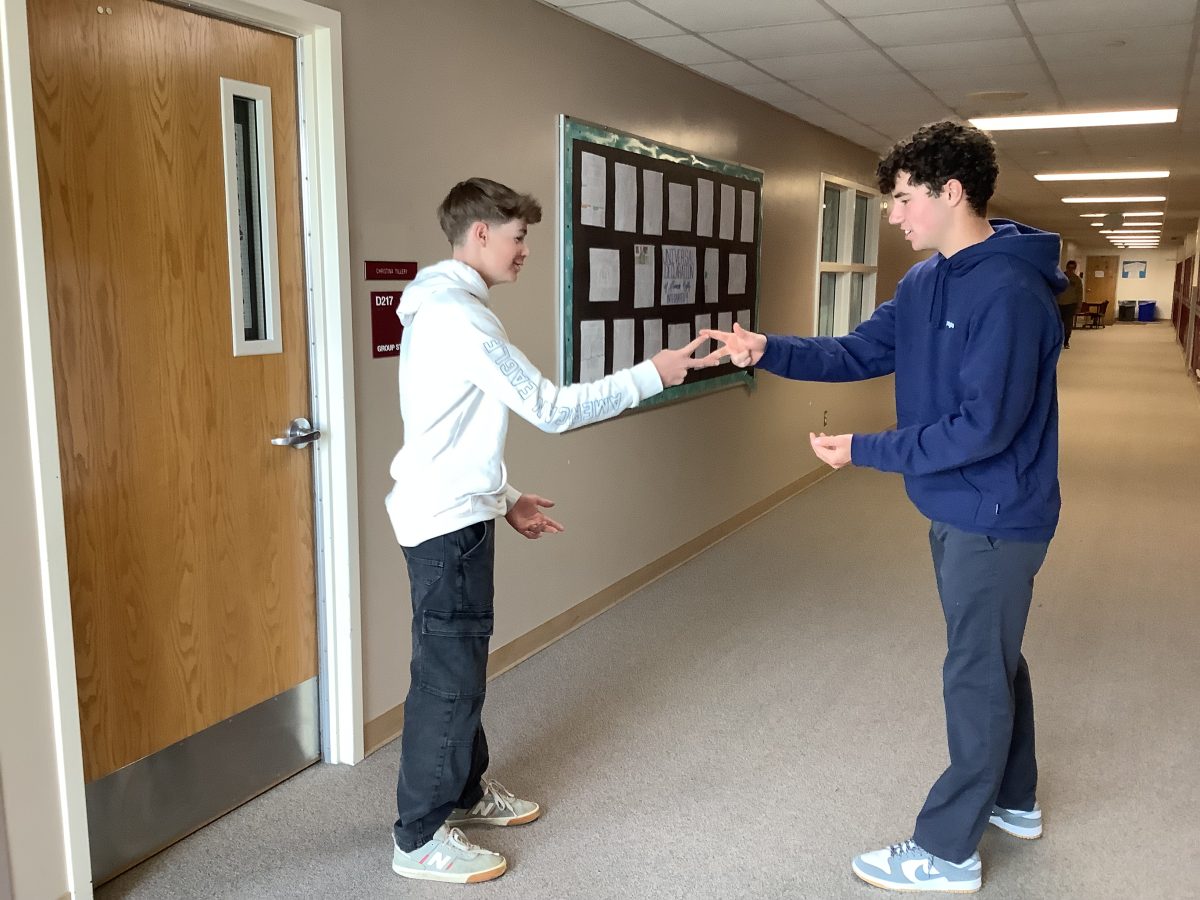
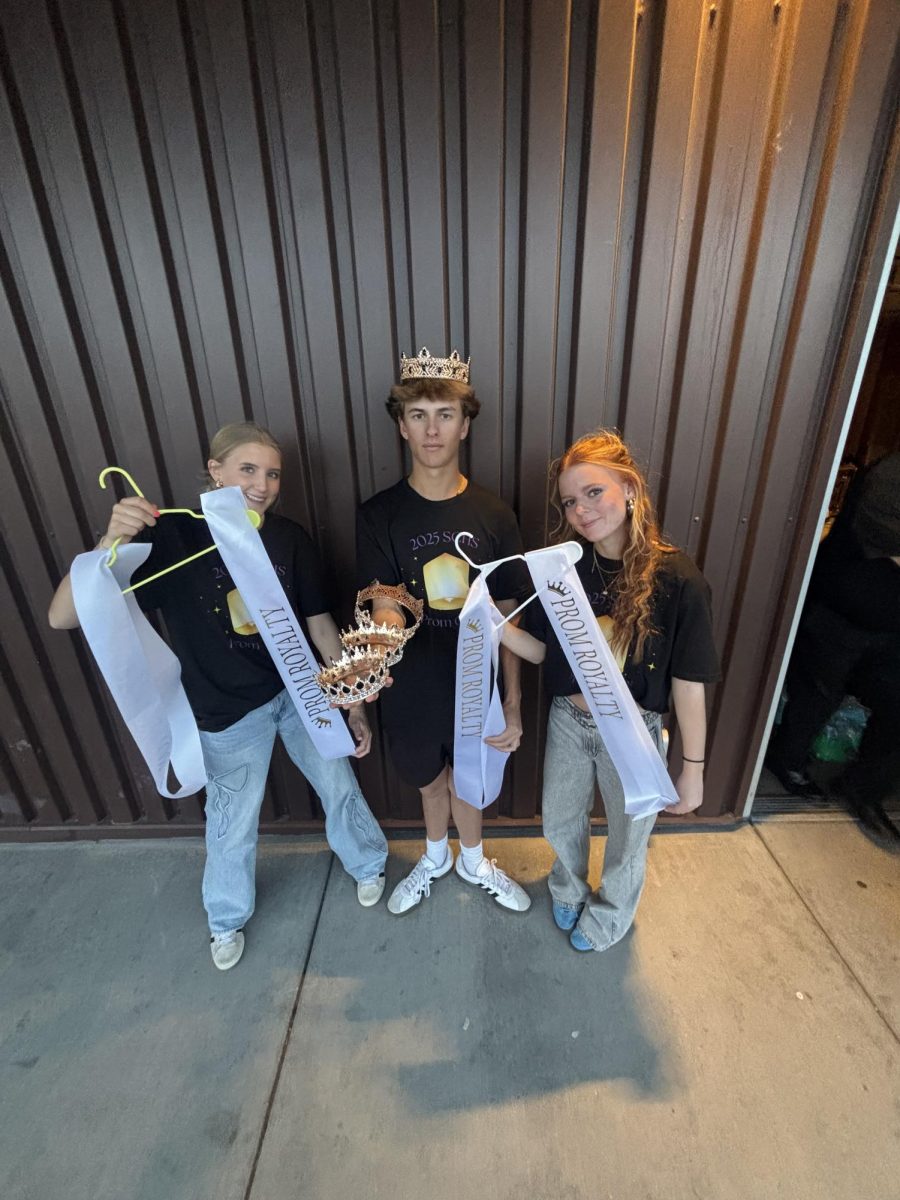
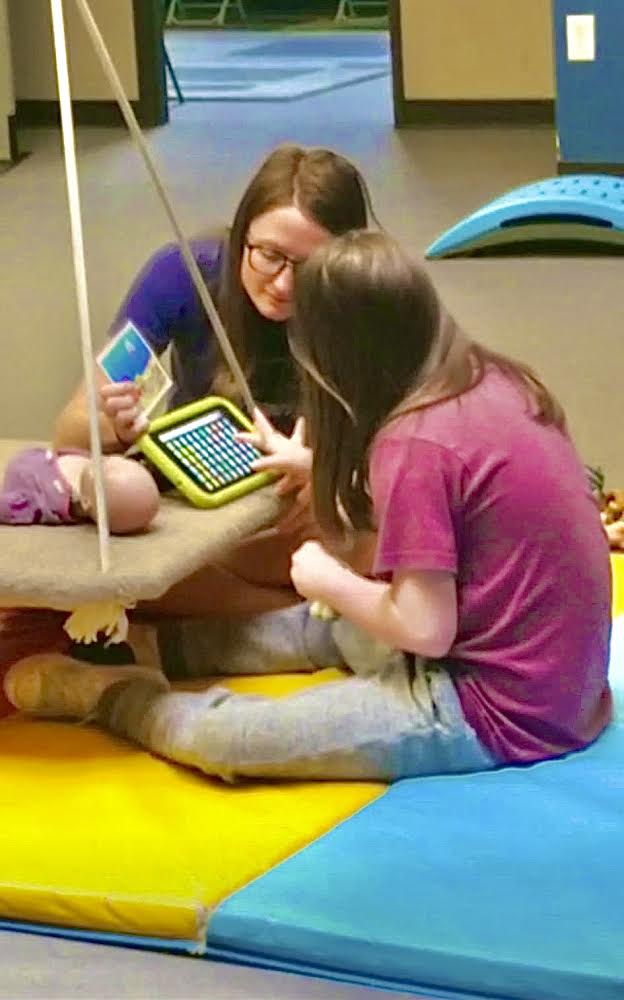

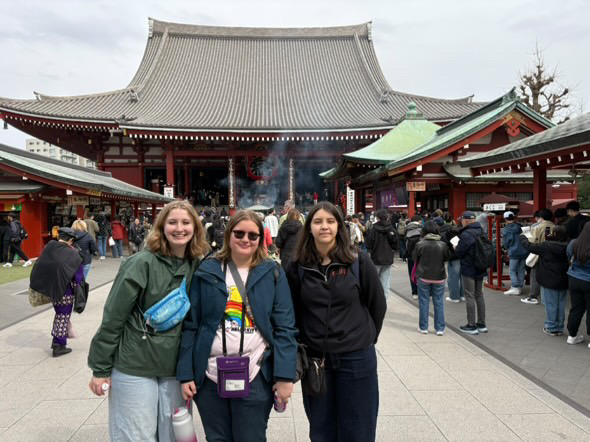
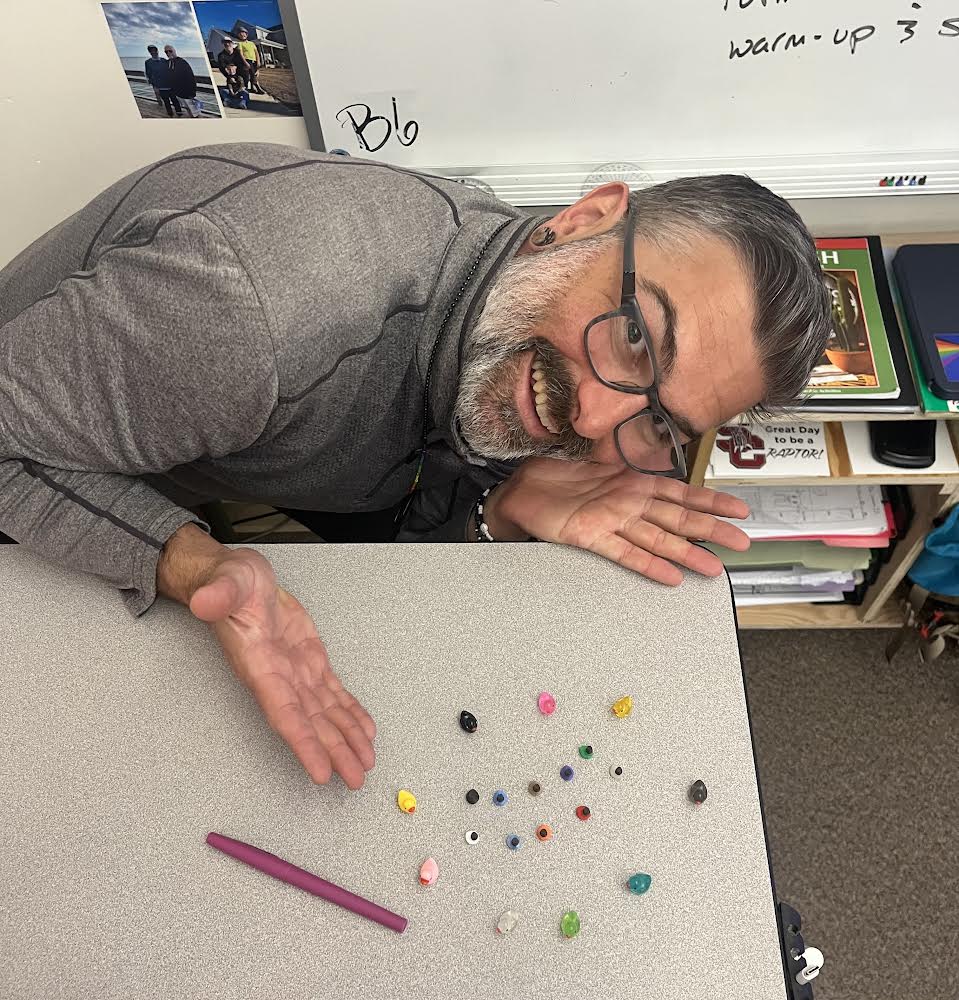
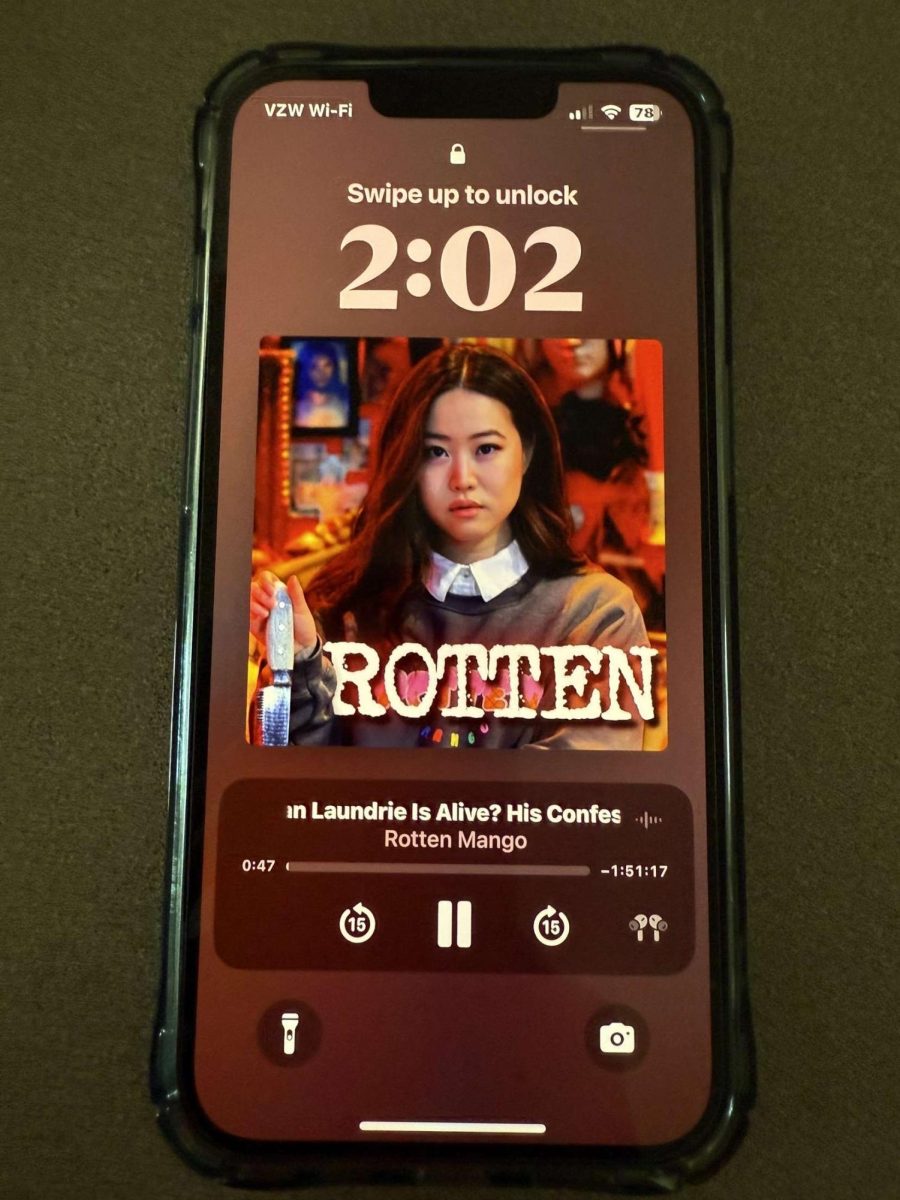



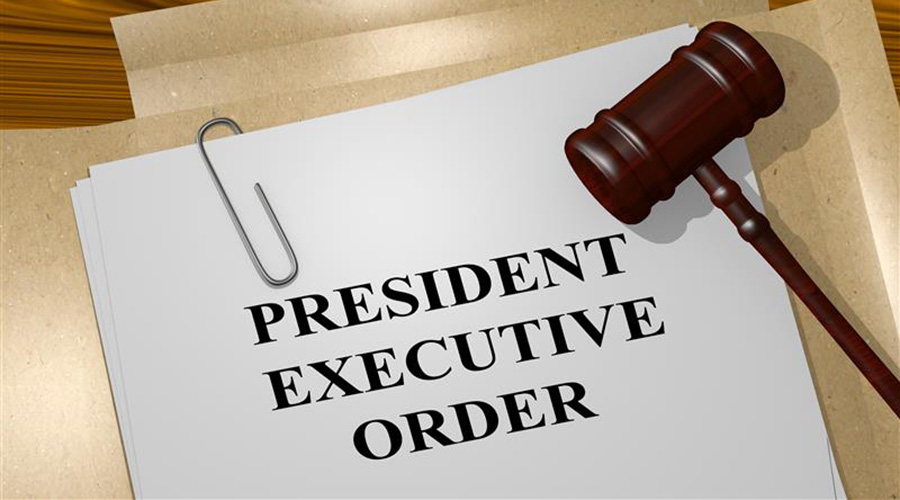
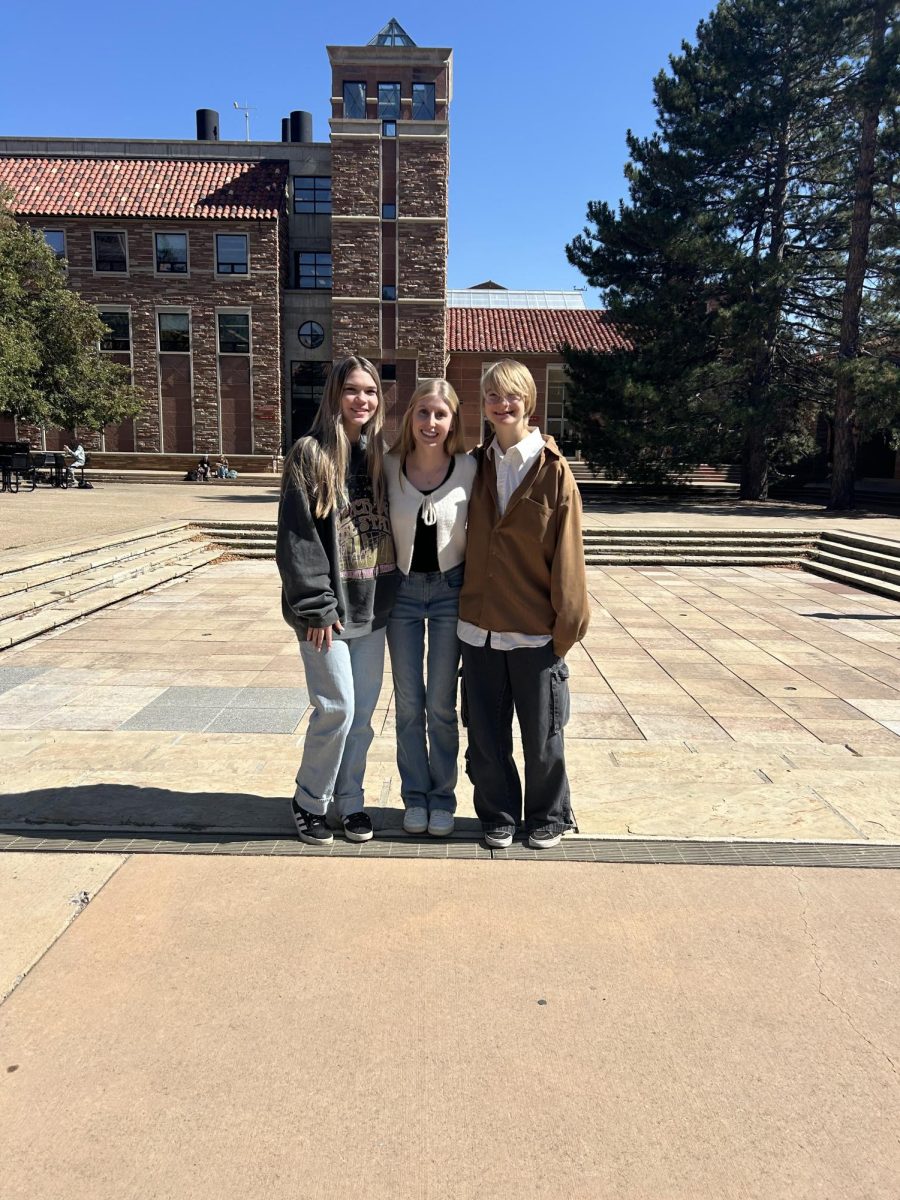
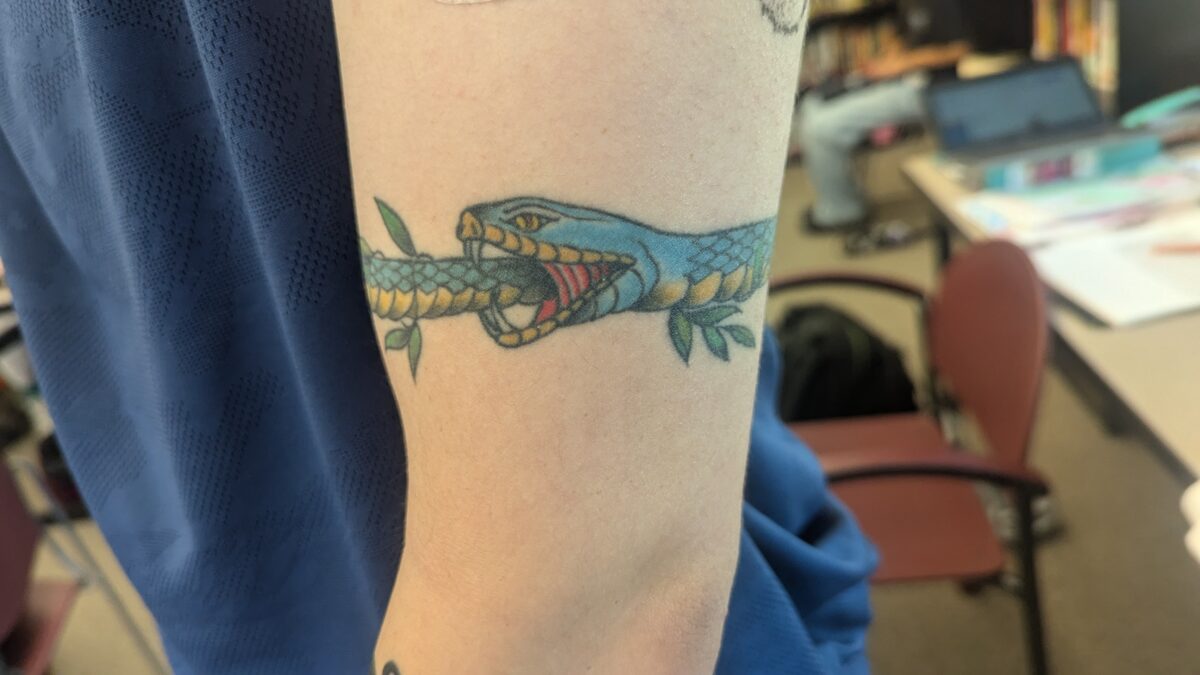
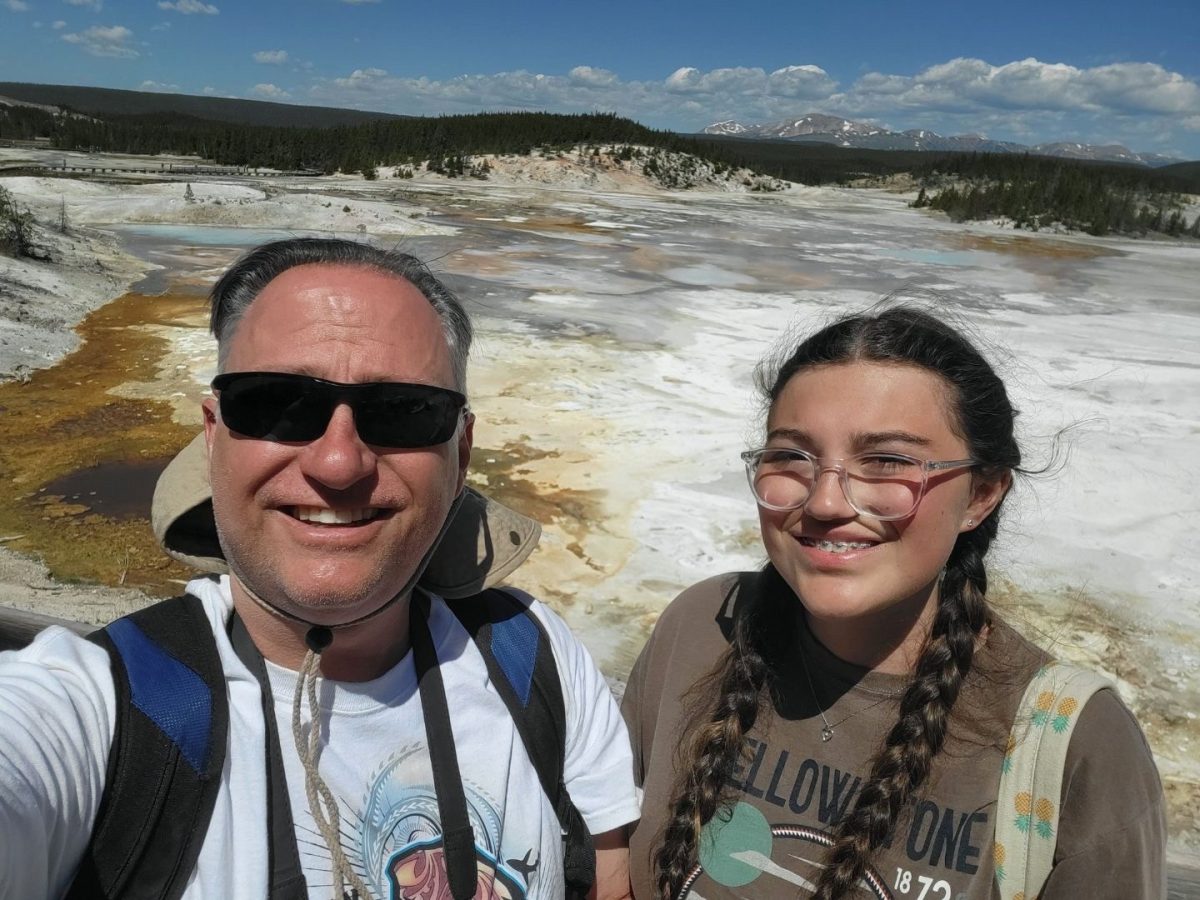
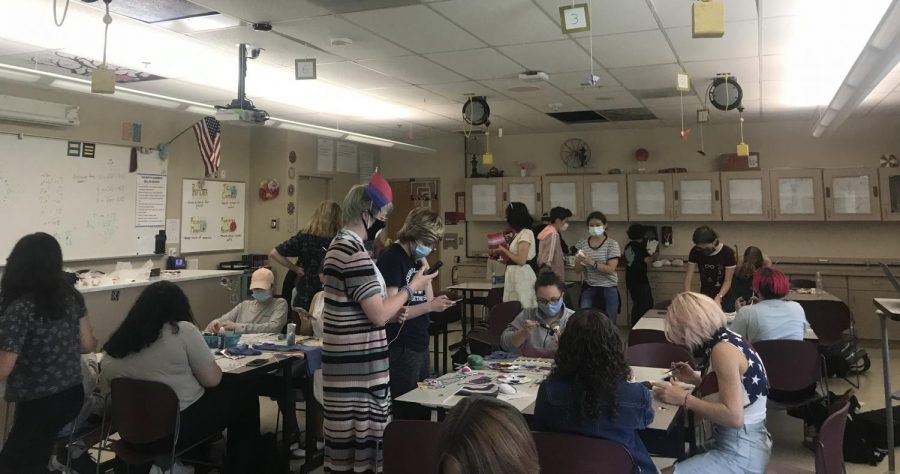
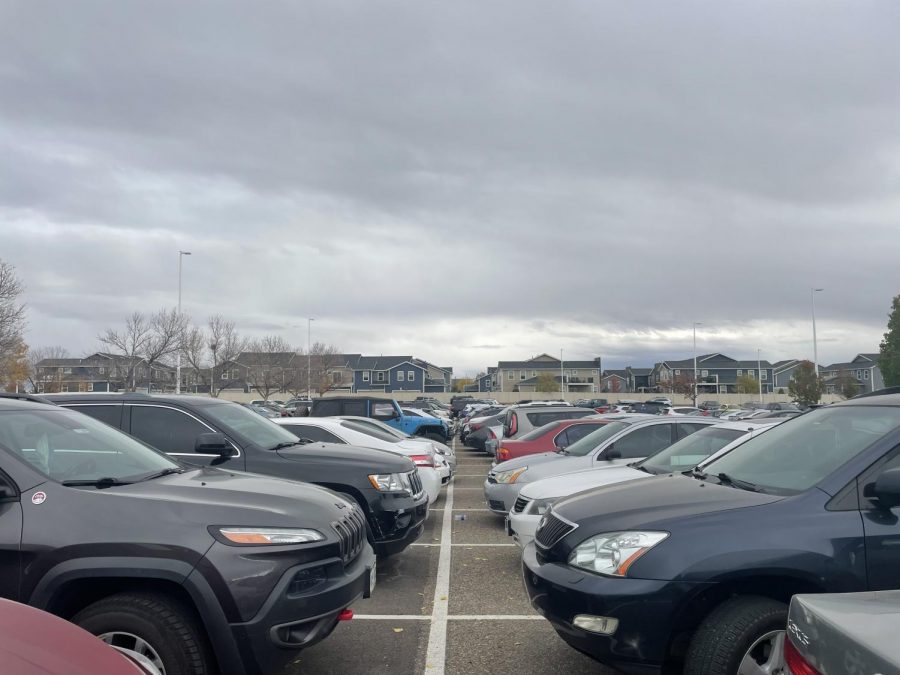
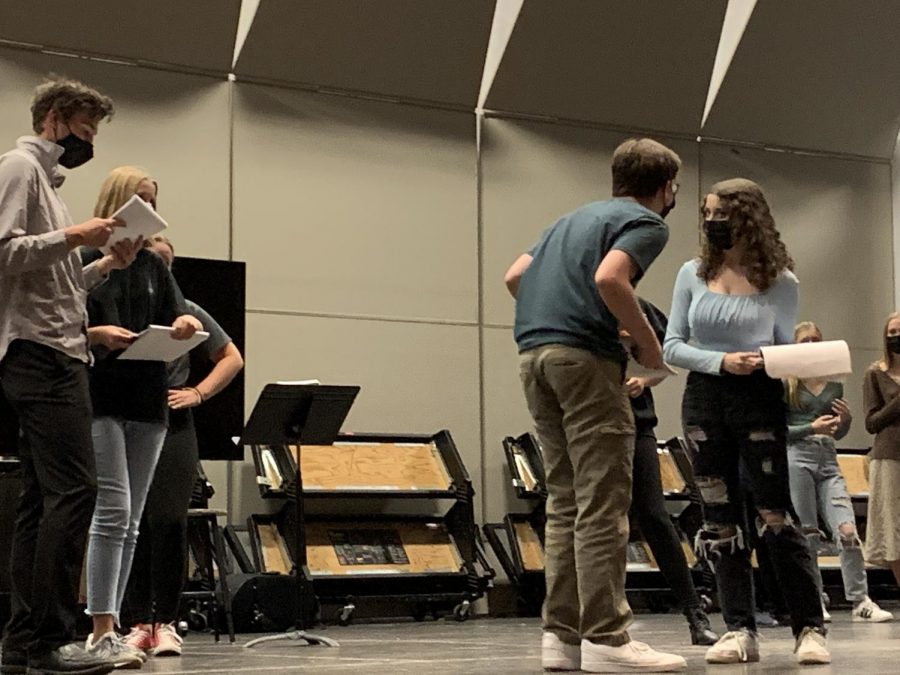
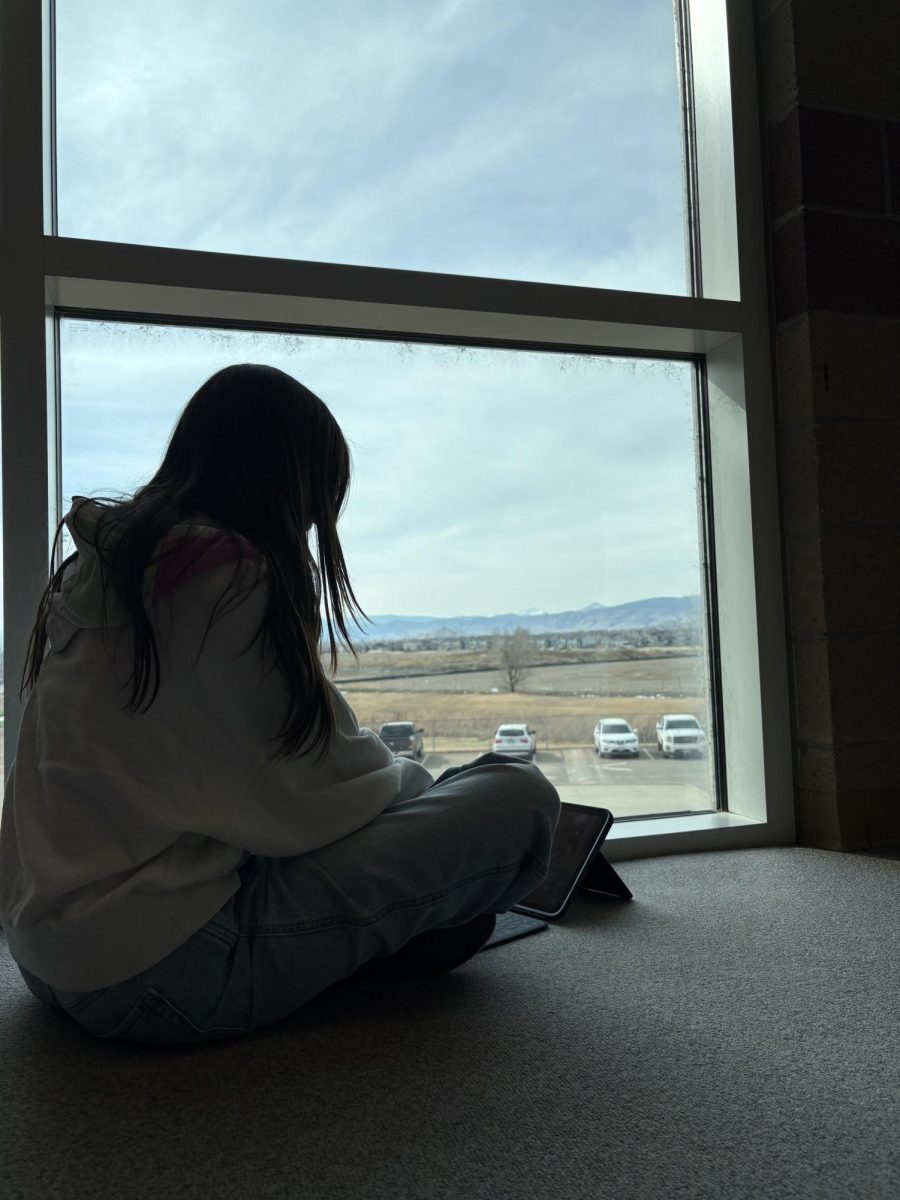

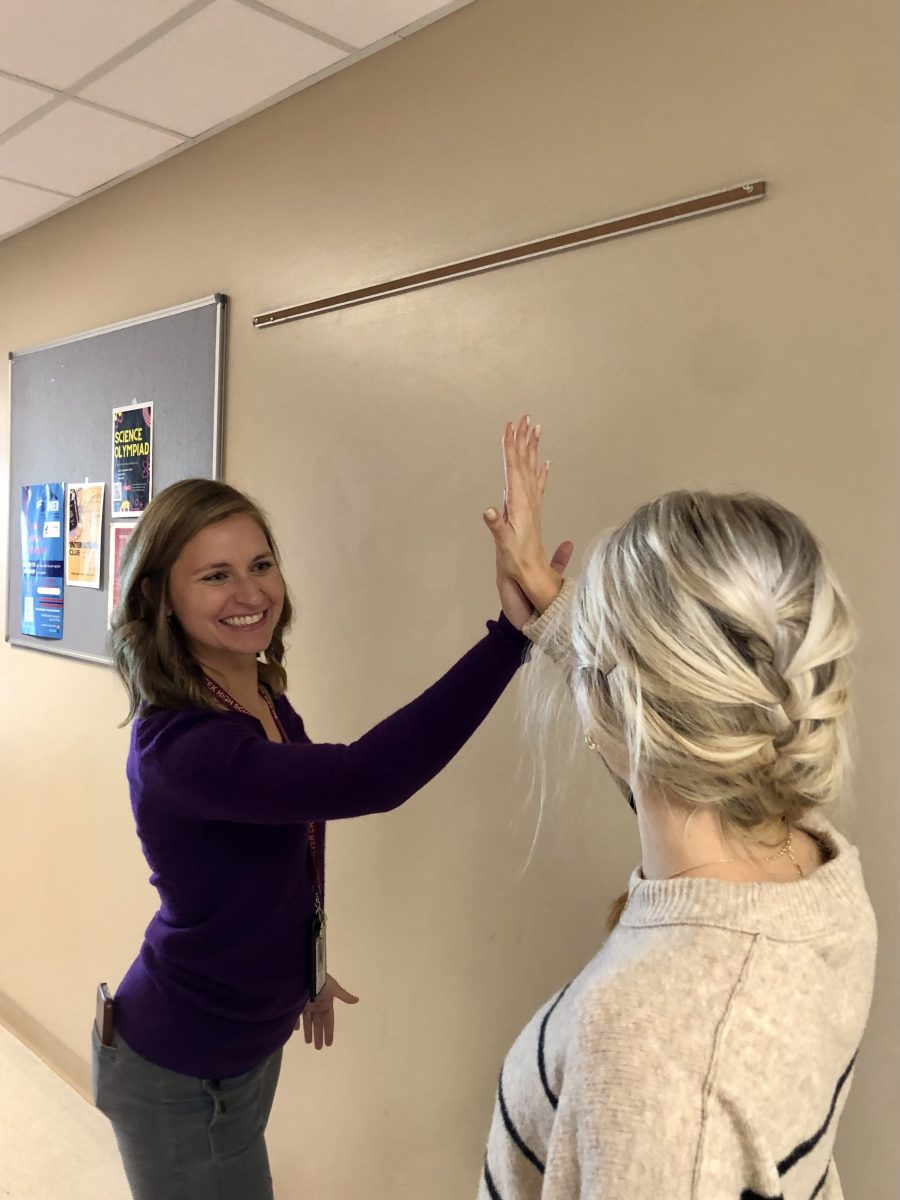
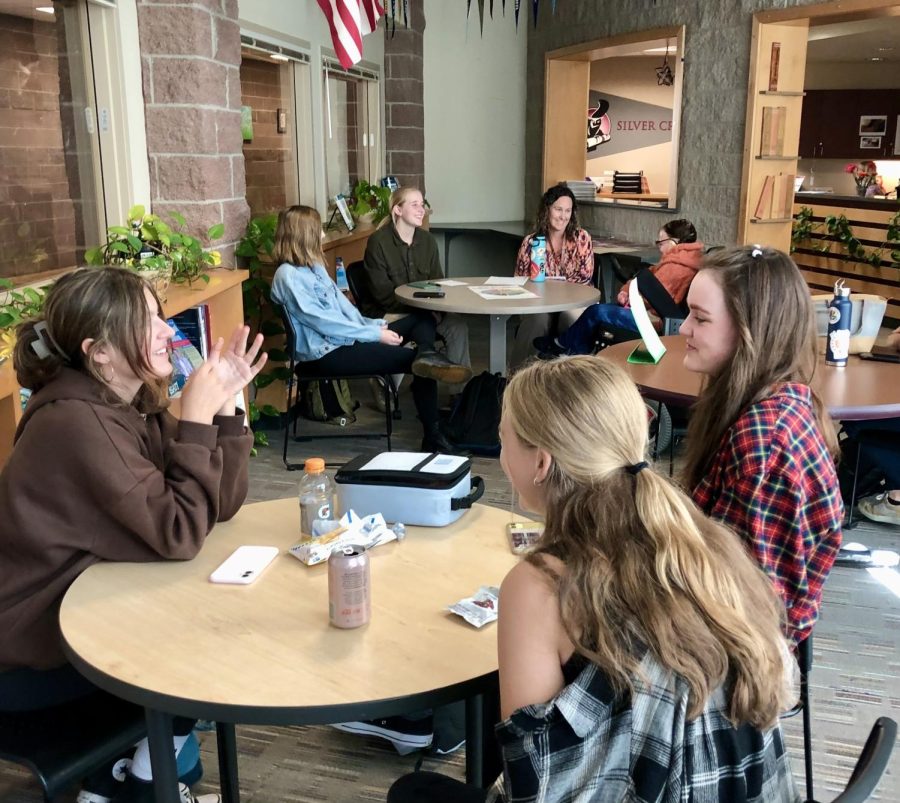
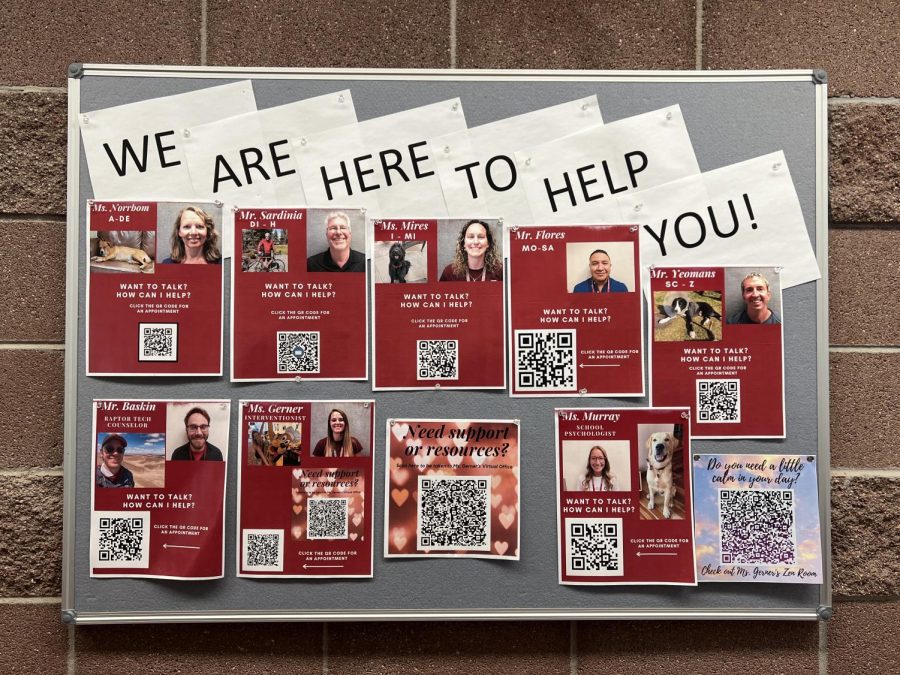
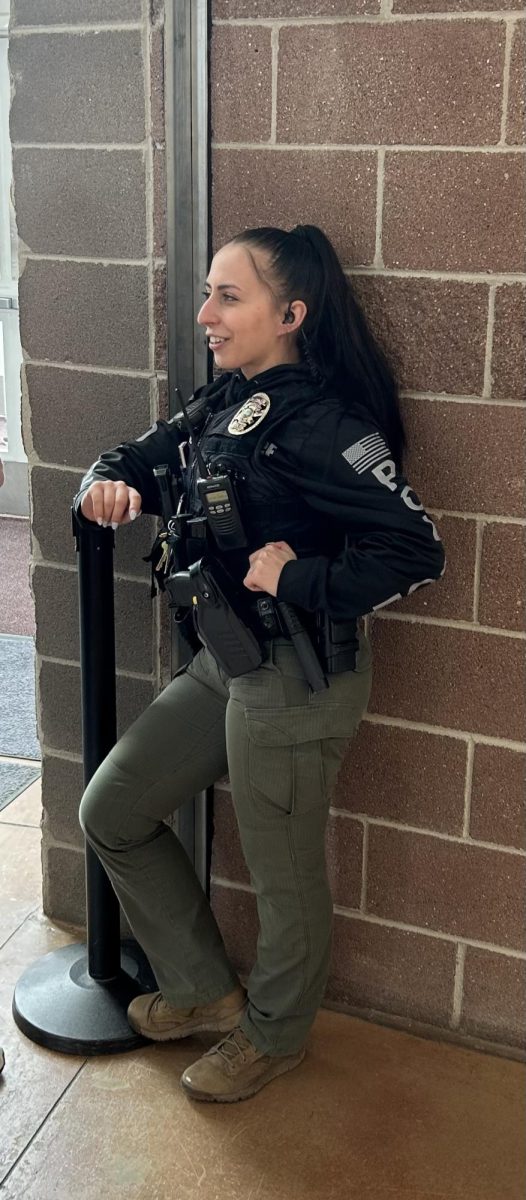

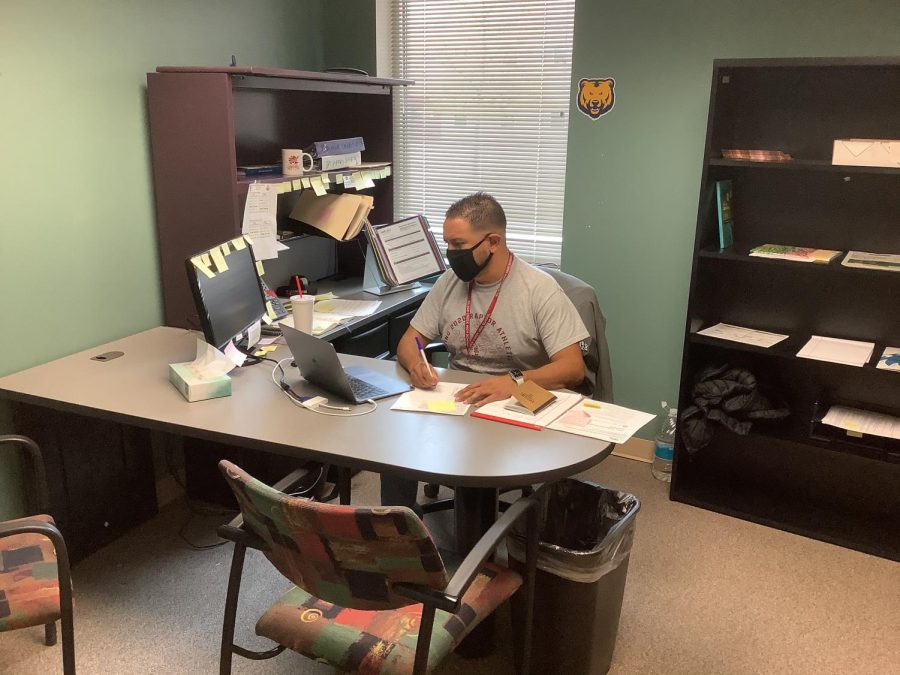
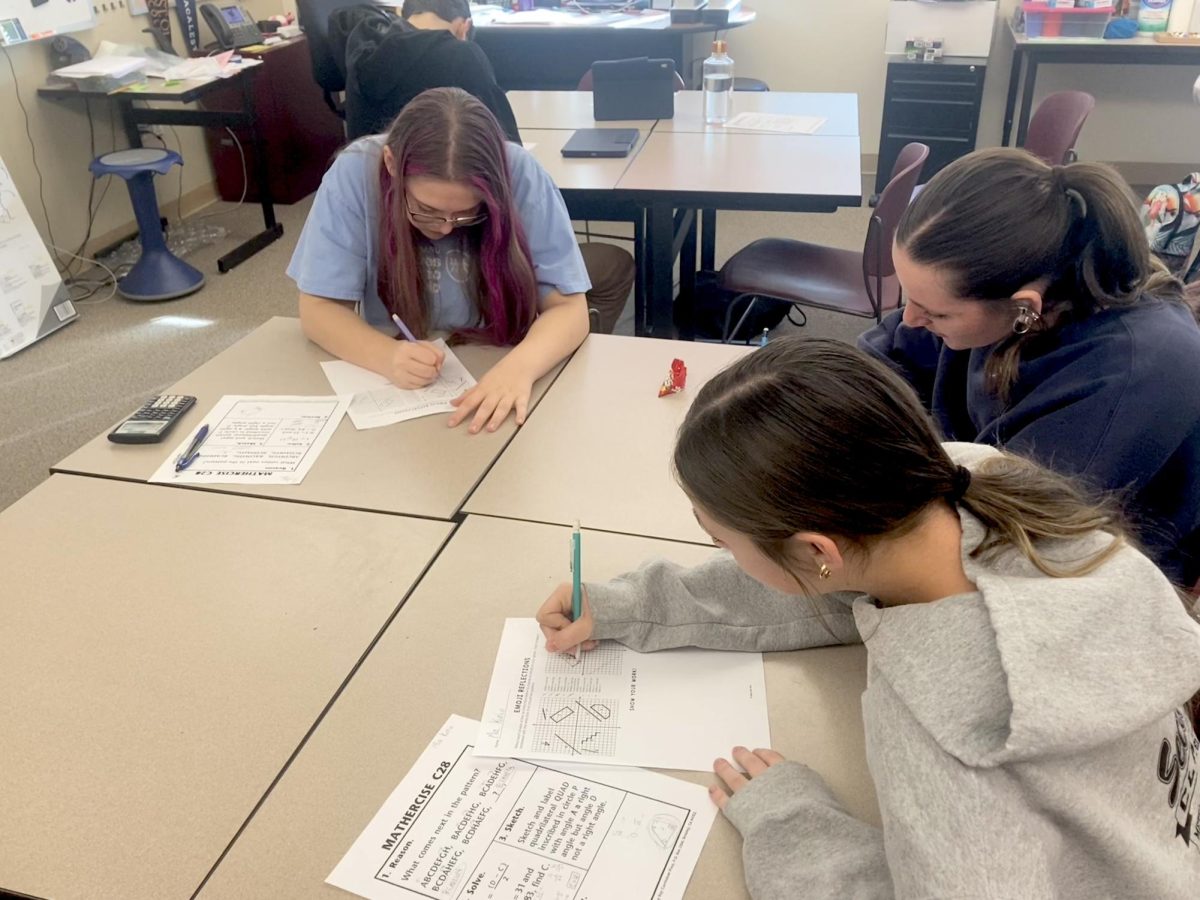
![Hosting the SCLA Casptone Mentor Dinner outside allowed for more attendees on September 27, 2021 at Silver Creek. This event would’ve usually been held inside. According to Lauren Kohn, a SCLA 12 teacher, “If we have a higher number of people, as long as we can host the event outside, then that seems to be keeping every[one] safe”.](https://schsnews.org/wp-content/uploads/2021/11/sxMAIGbSYGodZkqmrvTi5YWcJ1ssWA08ApkeMLpp-900x675.jpeg)
